
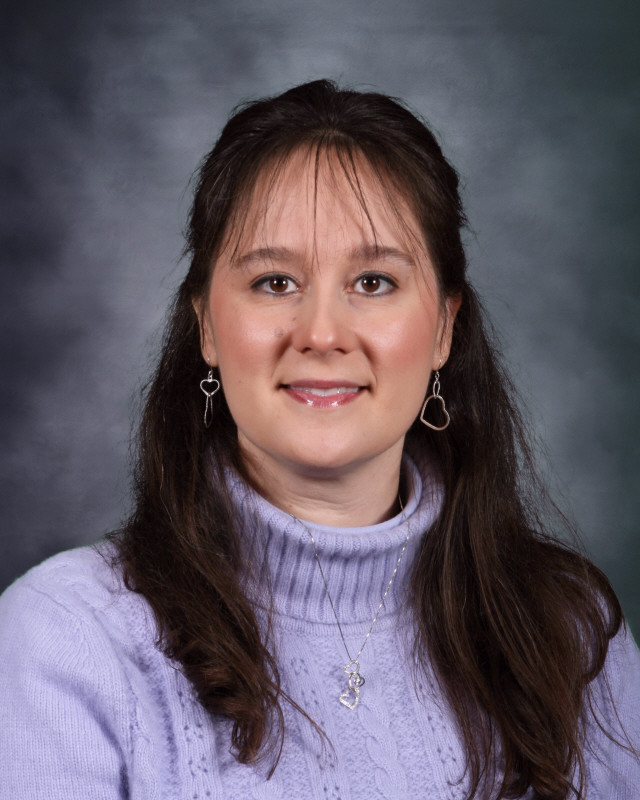
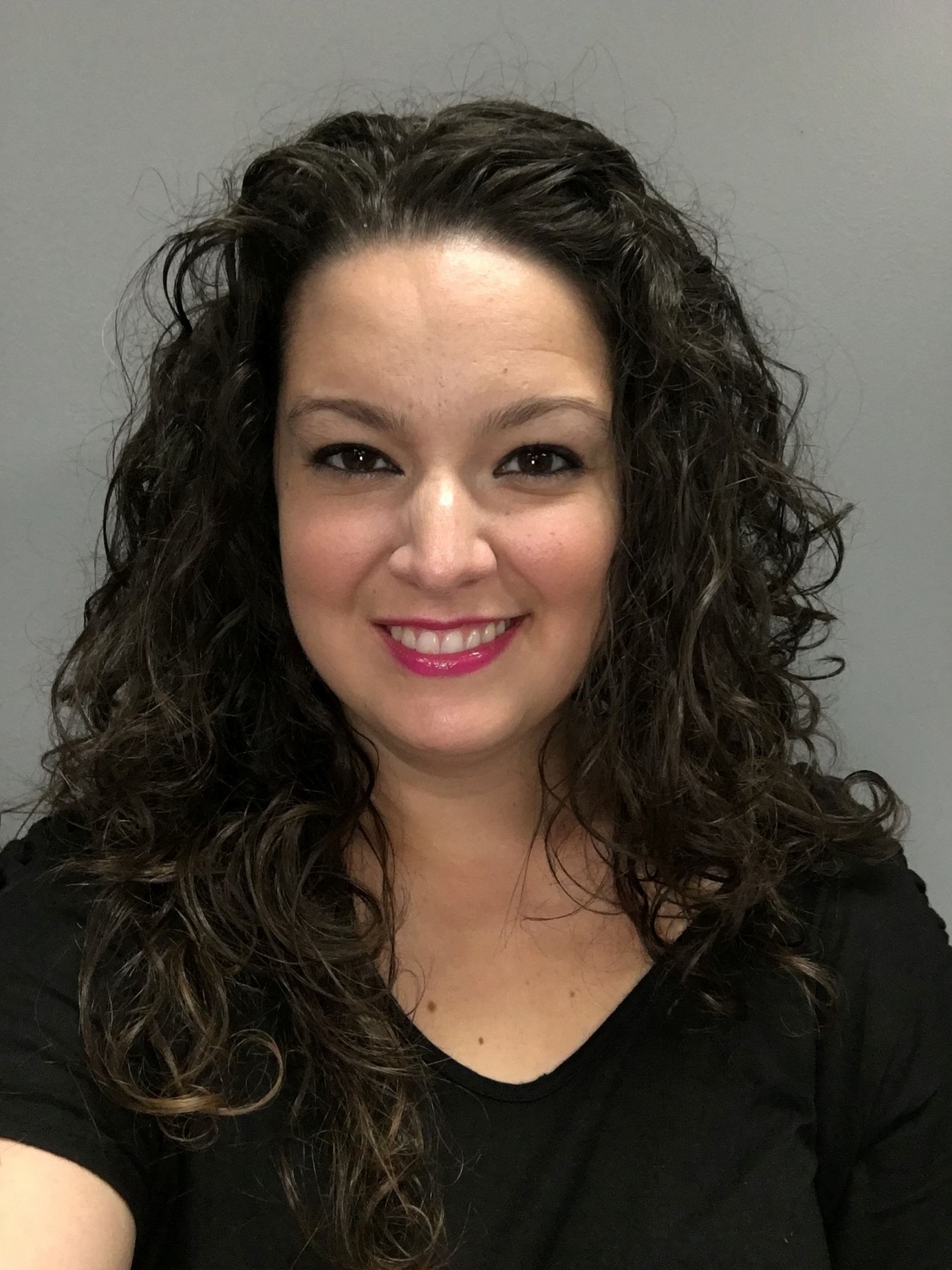






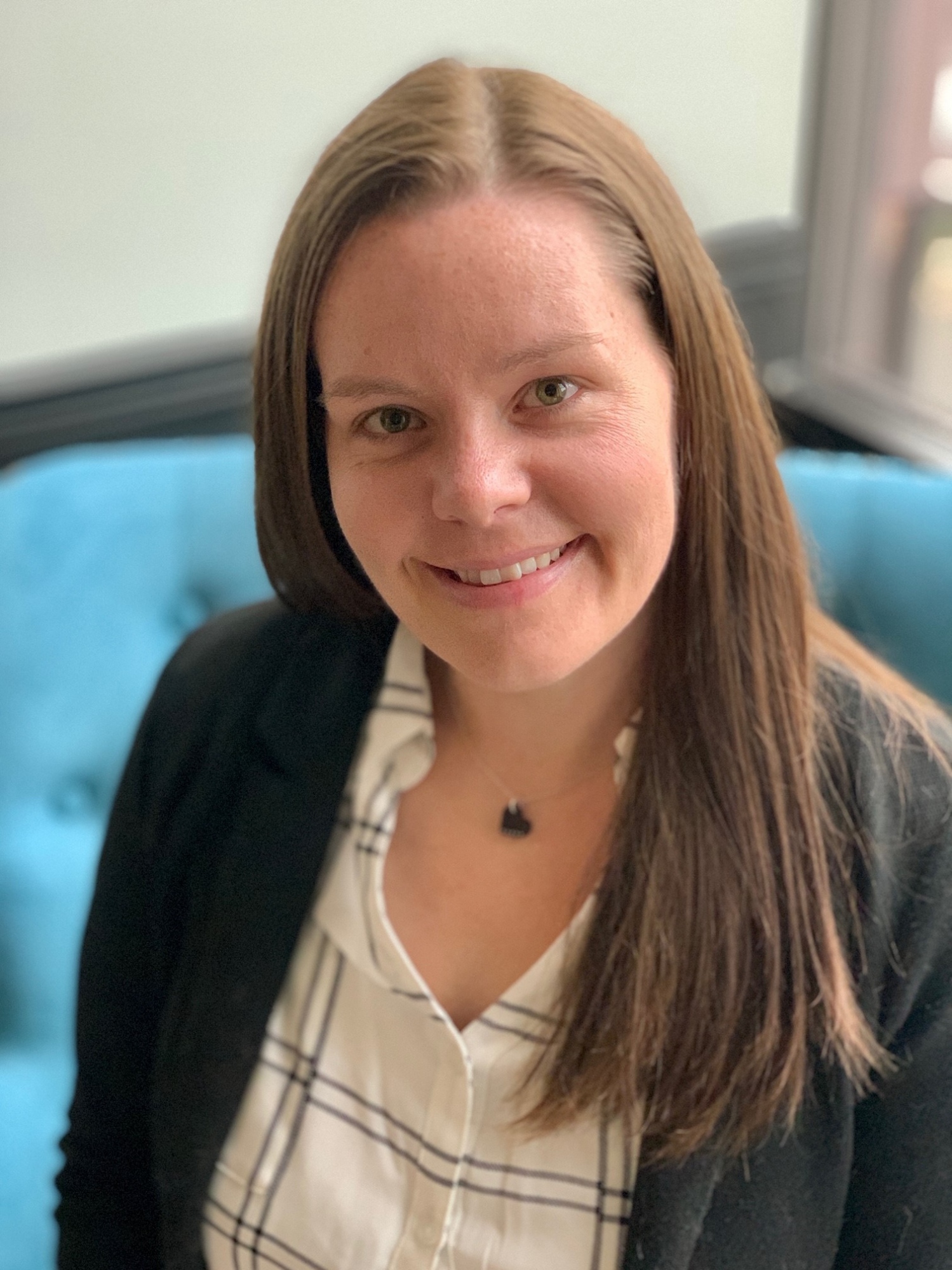

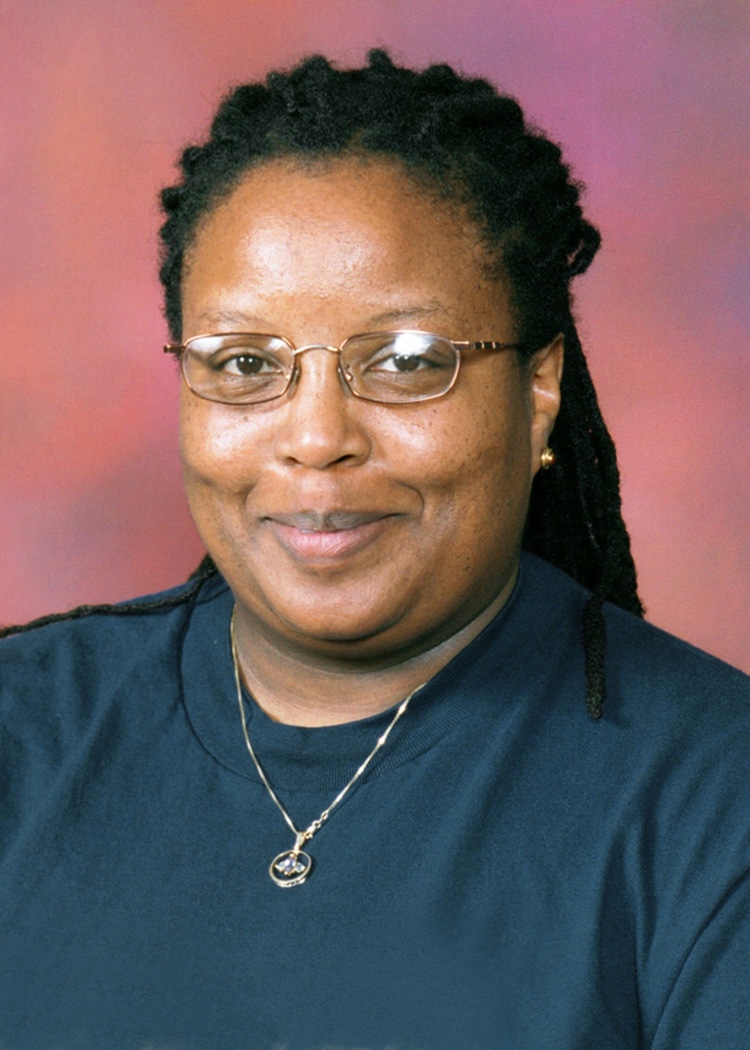



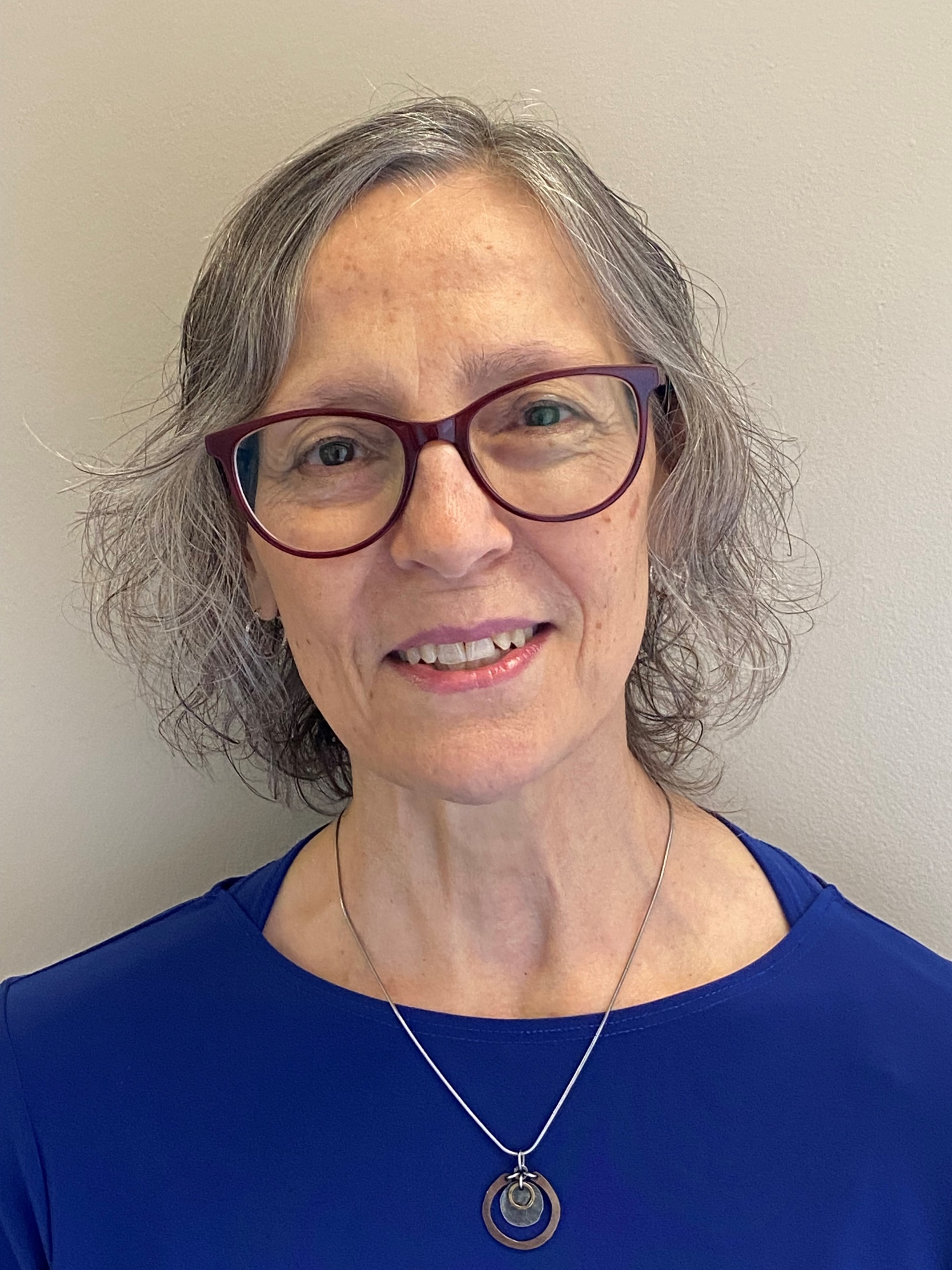
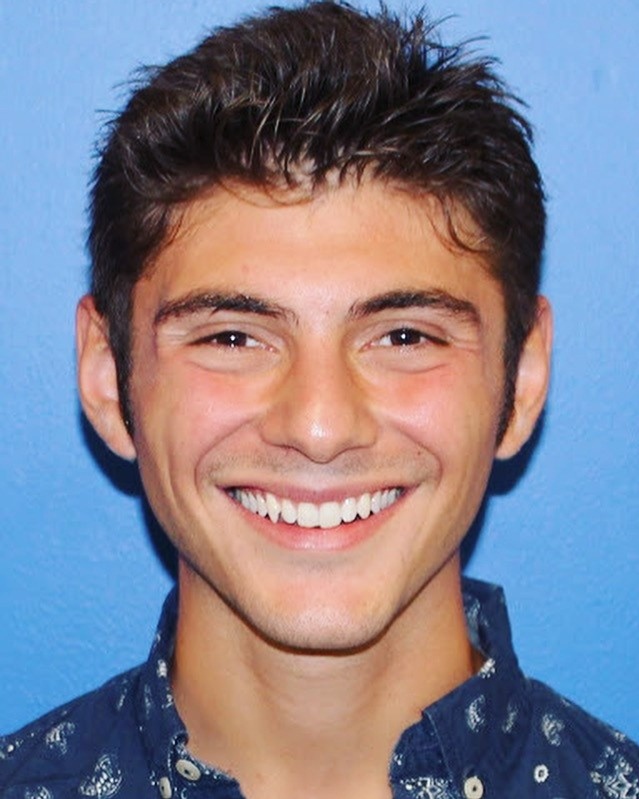





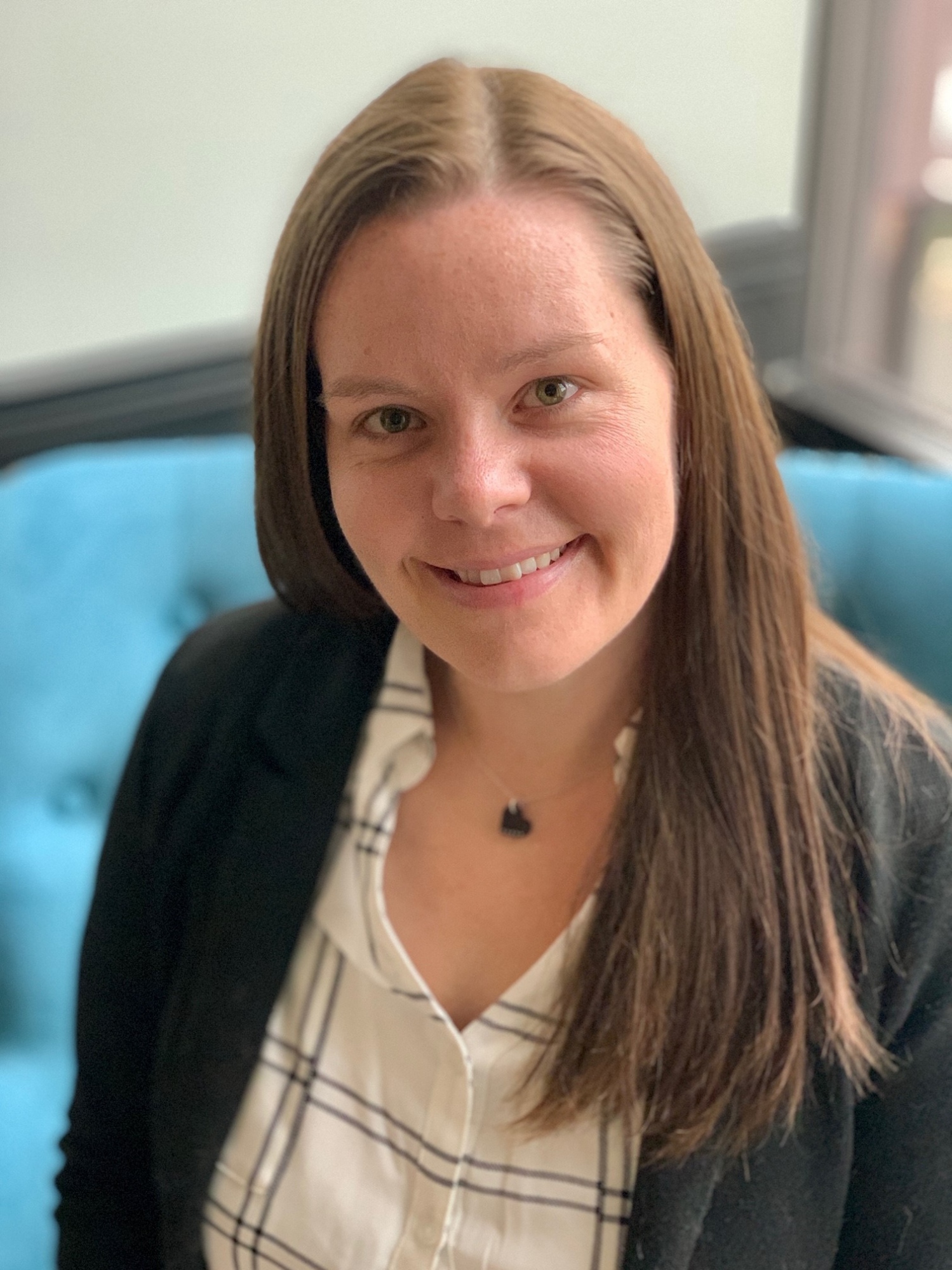
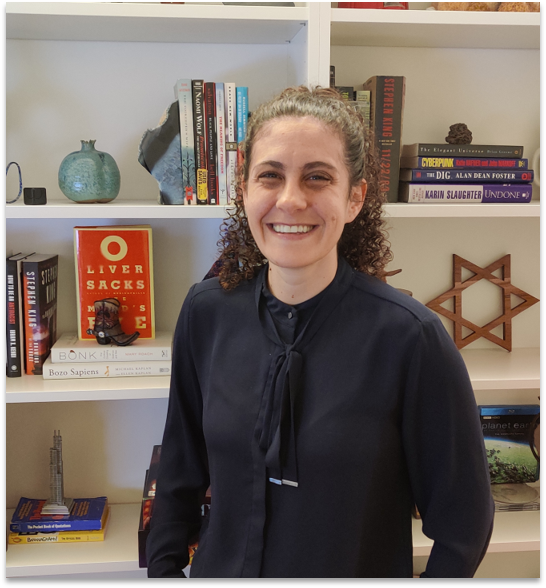
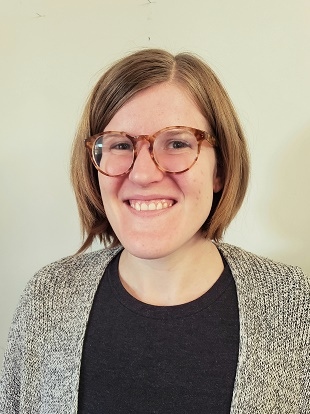

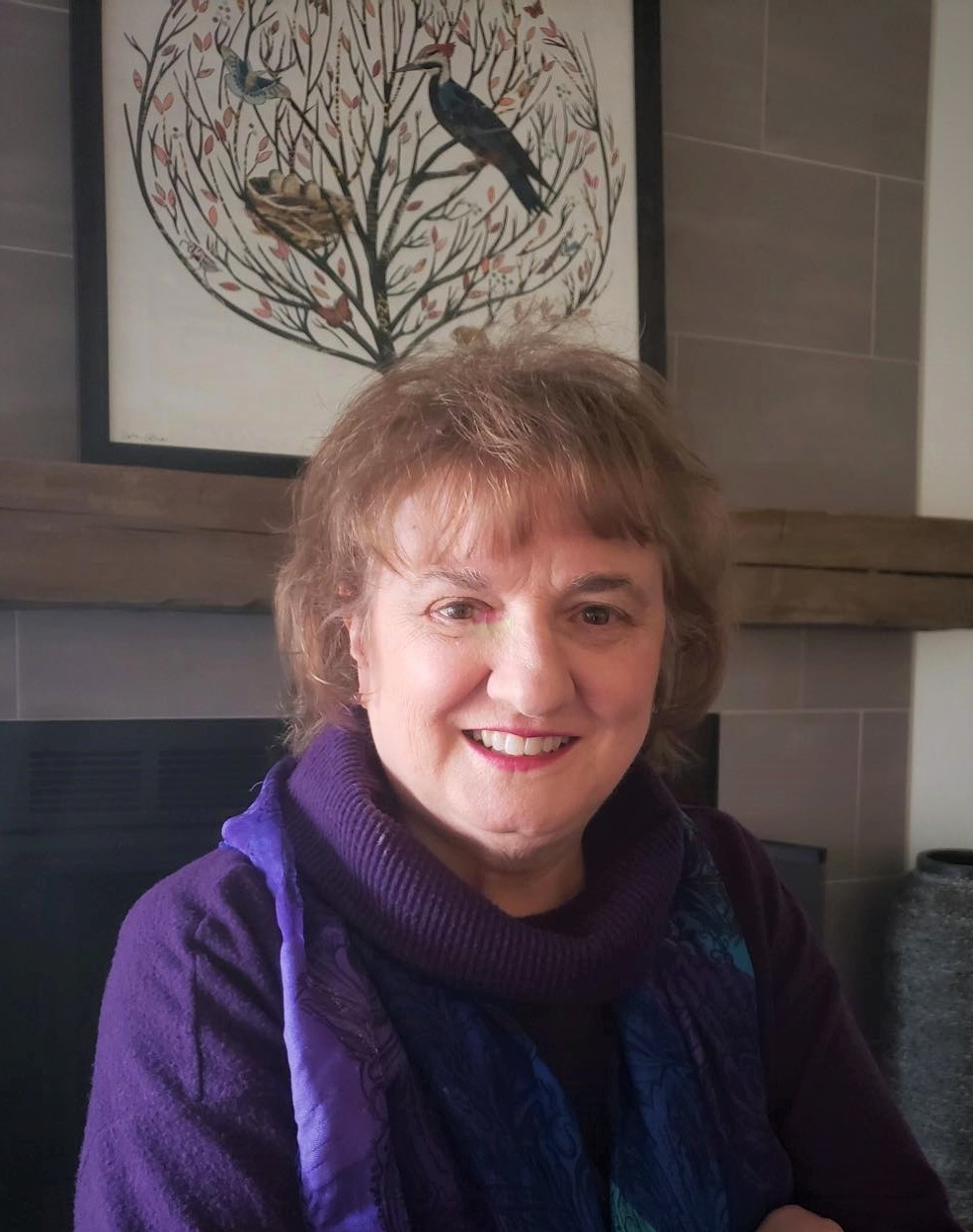






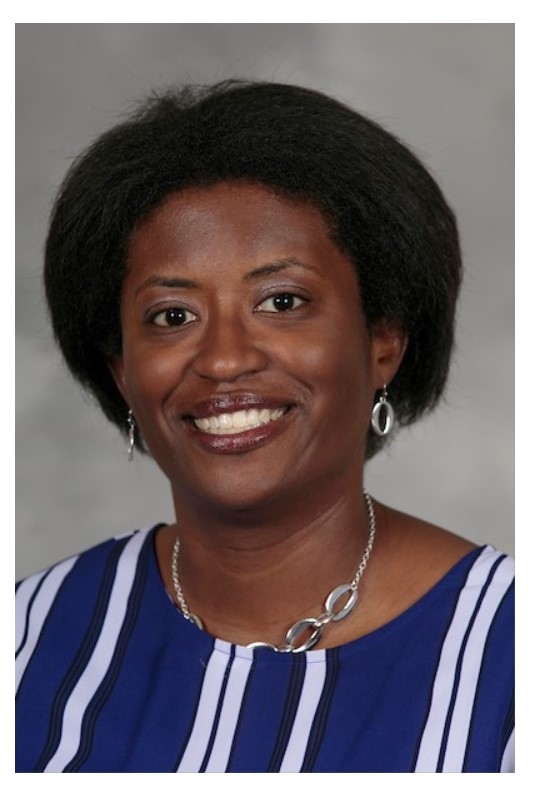

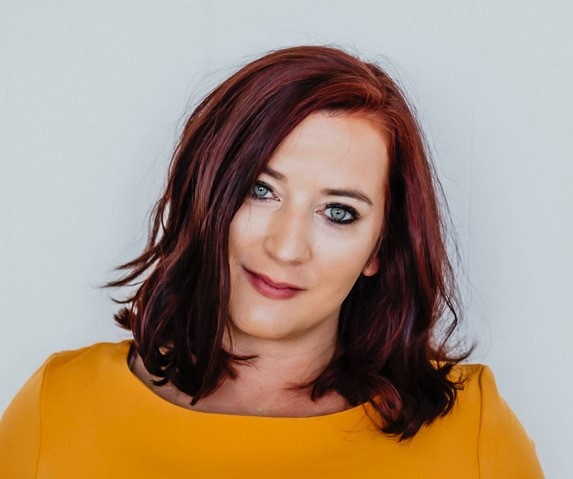

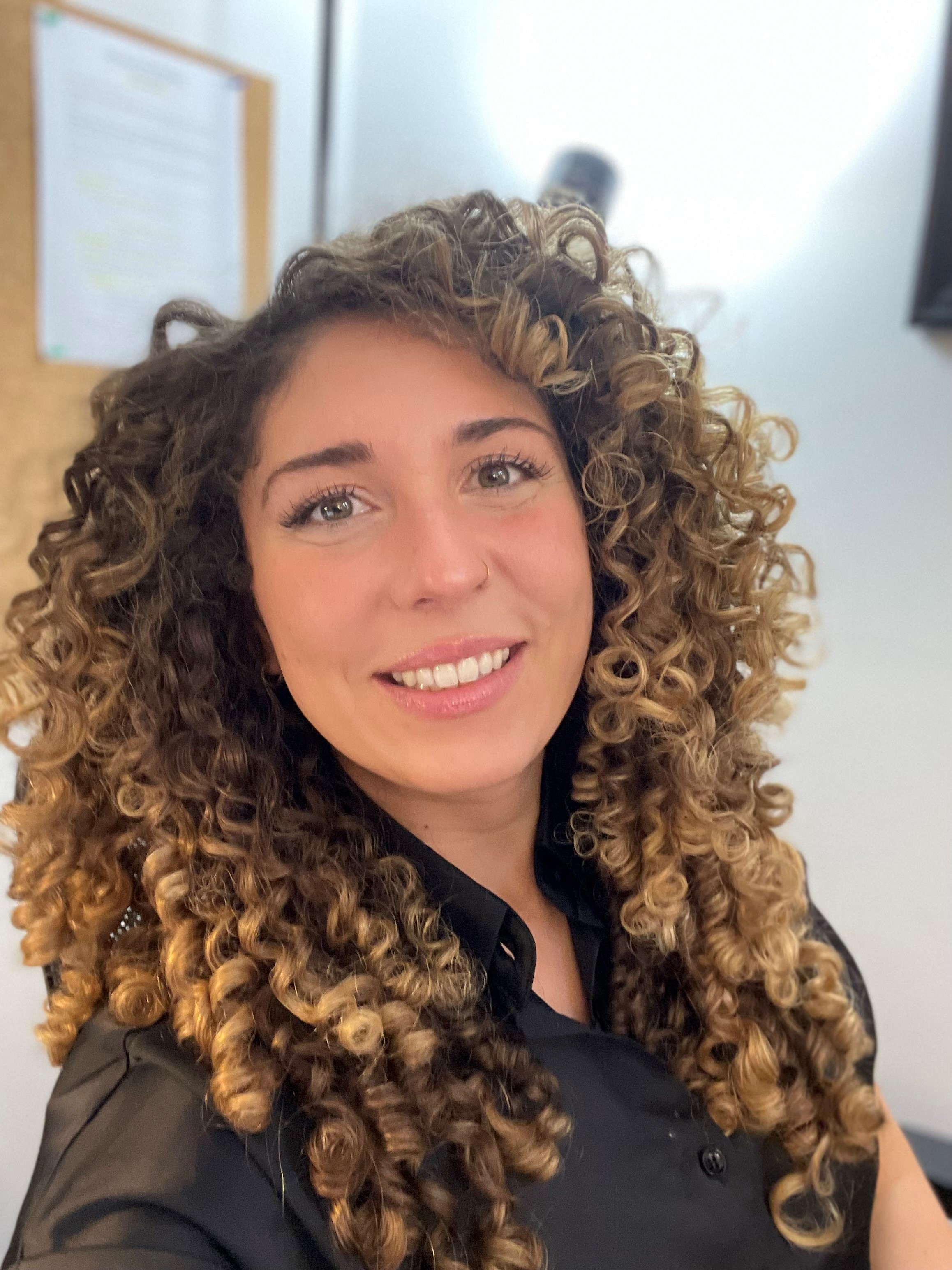

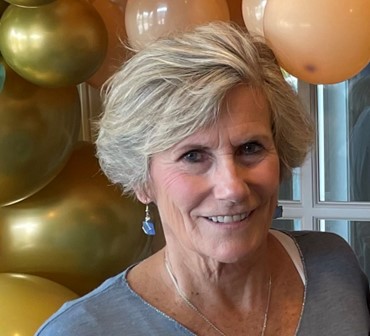
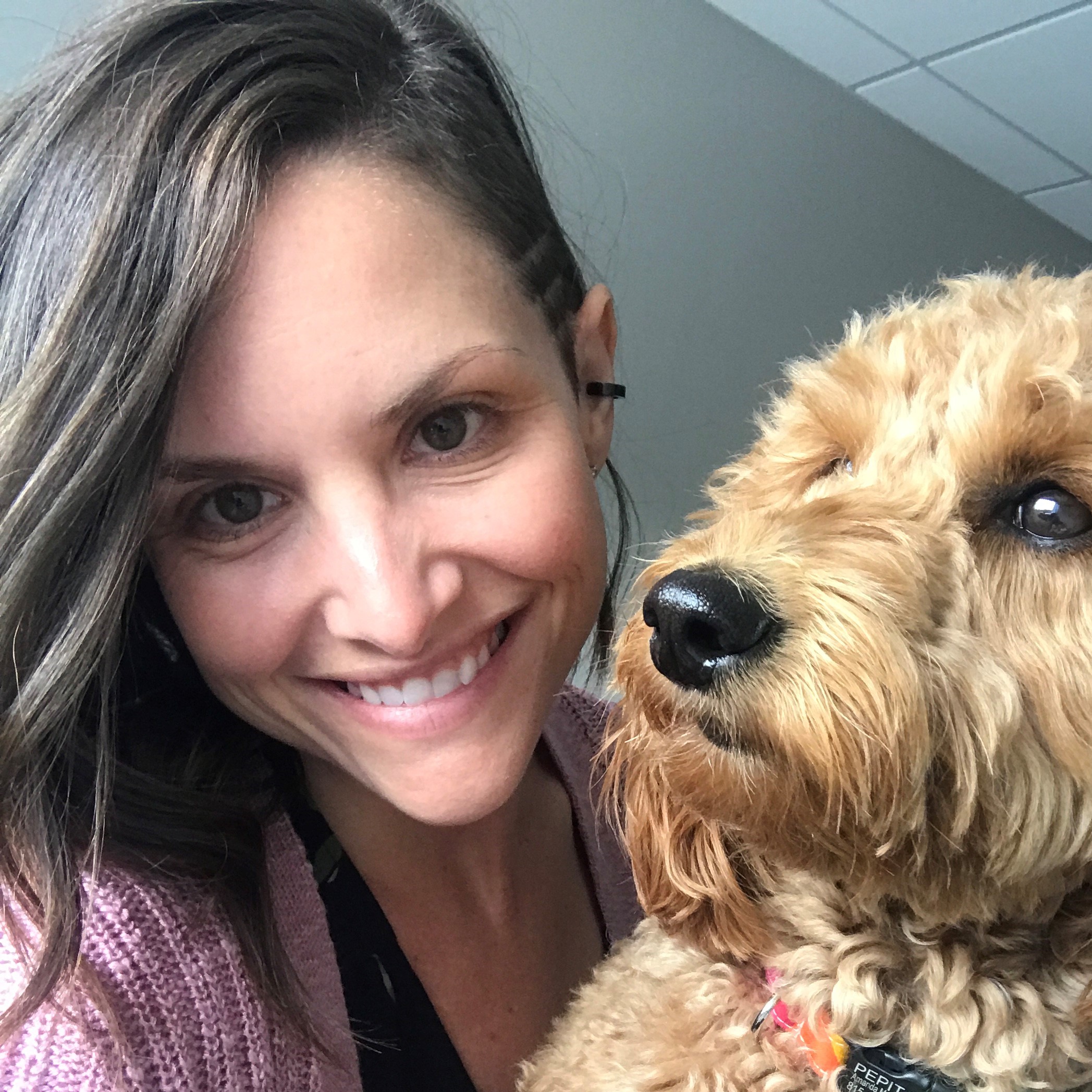







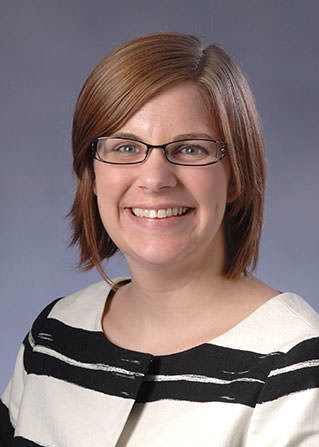

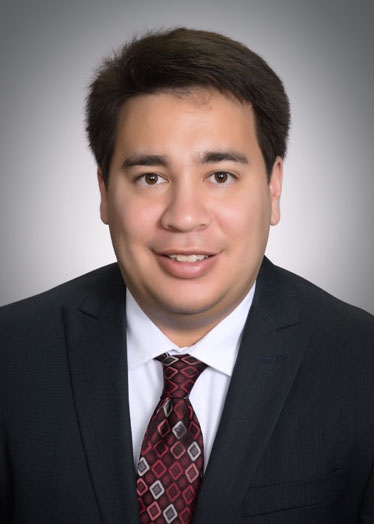




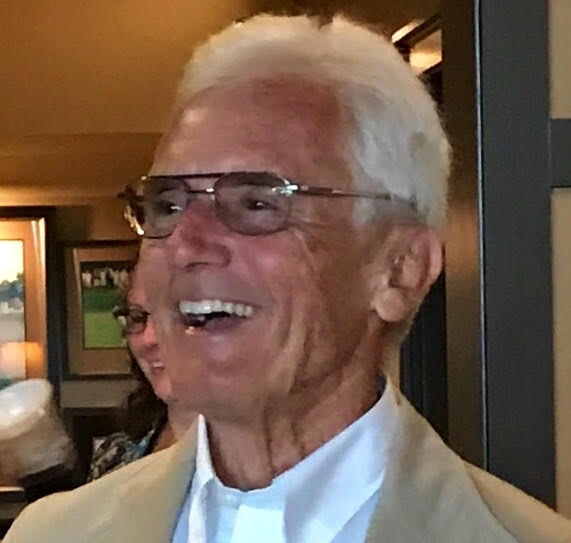

 Dr. Noelany Pelc is an Assistant Professor at Marian University, and is a licensed psychologist in the state of New York and in Indiana. She previously served as the Clinical Coordinator for MA/EdS students in Professional Counseling and School Counseling before serving as the Academic Director of the online School Counseling and Professional Counseling programs for two years at Seton Hall University in New Jersey. She is active in APA’s Division 35 (Society for the Psychology of Women), the Society for Teaching of Psychology (STP) and in the Advancement for Women in Psychology (AWP). During her training and post-graduation, she gained clinical experience working with women and children who were survivors of trauma and relational violence, particularly as those experiences intersected with marginalized and disenfranchised identities. She gathered experience working with college counseling students, dual-diagnosis mental health concerns and cross-addiction within a residential setting, and training in psychological assessment for impaired professionals. Her current areas of research center on experience of women in the Academy, the socialization of polarized national attitudes. and applications of cultural humility in research, teaching and mentorship. Her professional interests include relational-cultural theory, feminist theory, and pedagogy.
Dr. Noelany Pelc is an Assistant Professor at Marian University, and is a licensed psychologist in the state of New York and in Indiana. She previously served as the Clinical Coordinator for MA/EdS students in Professional Counseling and School Counseling before serving as the Academic Director of the online School Counseling and Professional Counseling programs for two years at Seton Hall University in New Jersey. She is active in APA’s Division 35 (Society for the Psychology of Women), the Society for Teaching of Psychology (STP) and in the Advancement for Women in Psychology (AWP). During her training and post-graduation, she gained clinical experience working with women and children who were survivors of trauma and relational violence, particularly as those experiences intersected with marginalized and disenfranchised identities. She gathered experience working with college counseling students, dual-diagnosis mental health concerns and cross-addiction within a residential setting, and training in psychological assessment for impaired professionals. Her current areas of research center on experience of women in the Academy, the socialization of polarized national attitudes. and applications of cultural humility in research, teaching and mentorship. Her professional interests include relational-cultural theory, feminist theory, and pedagogy.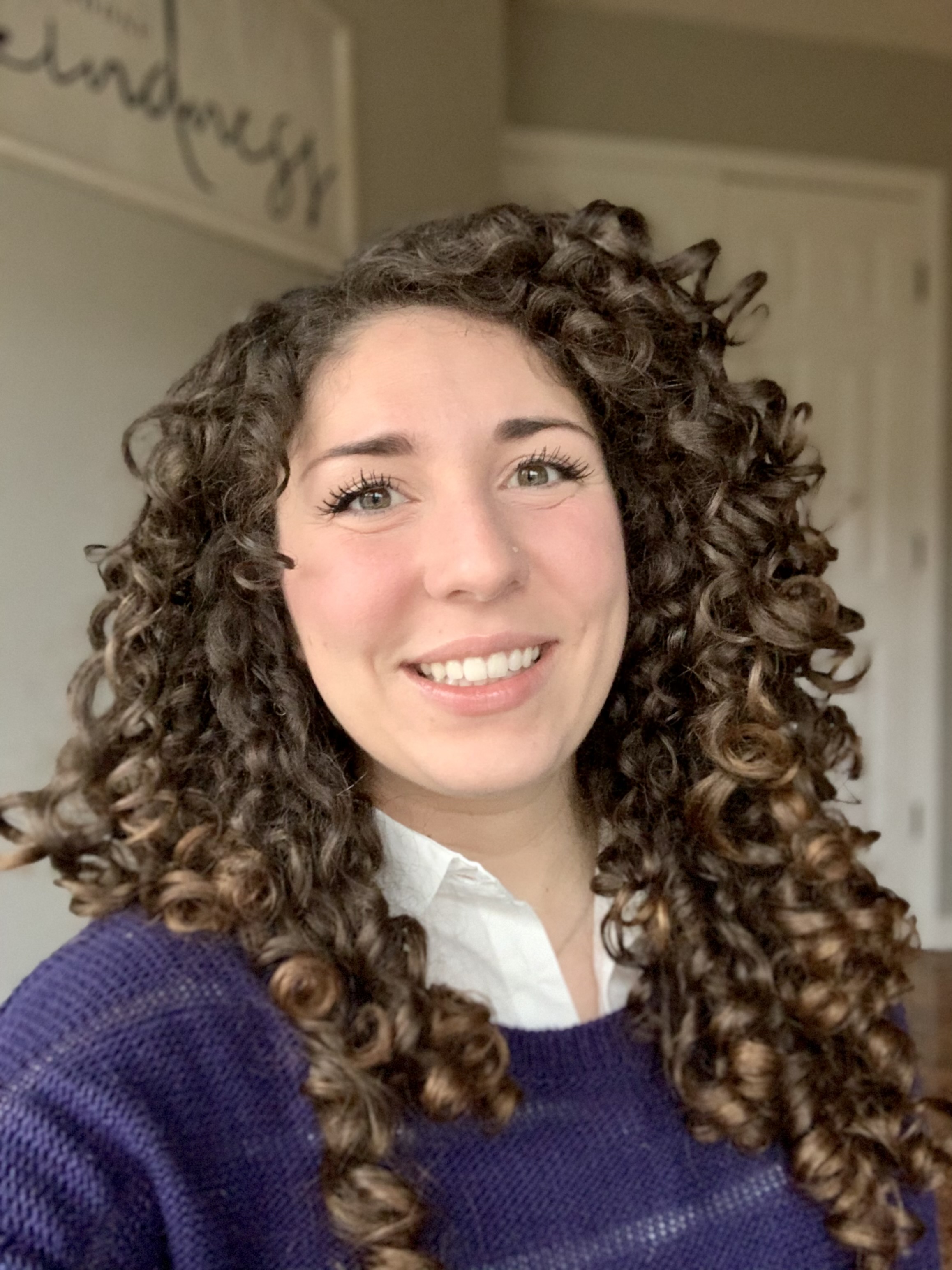


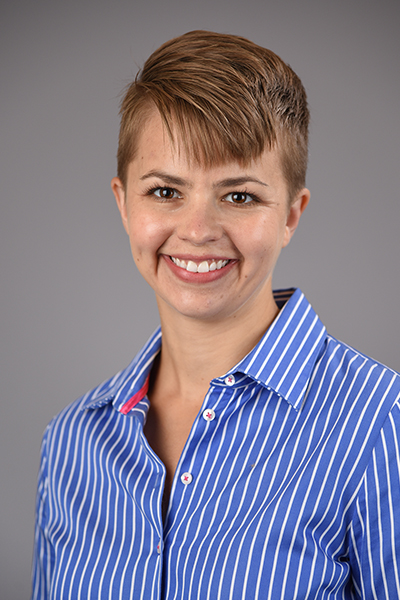





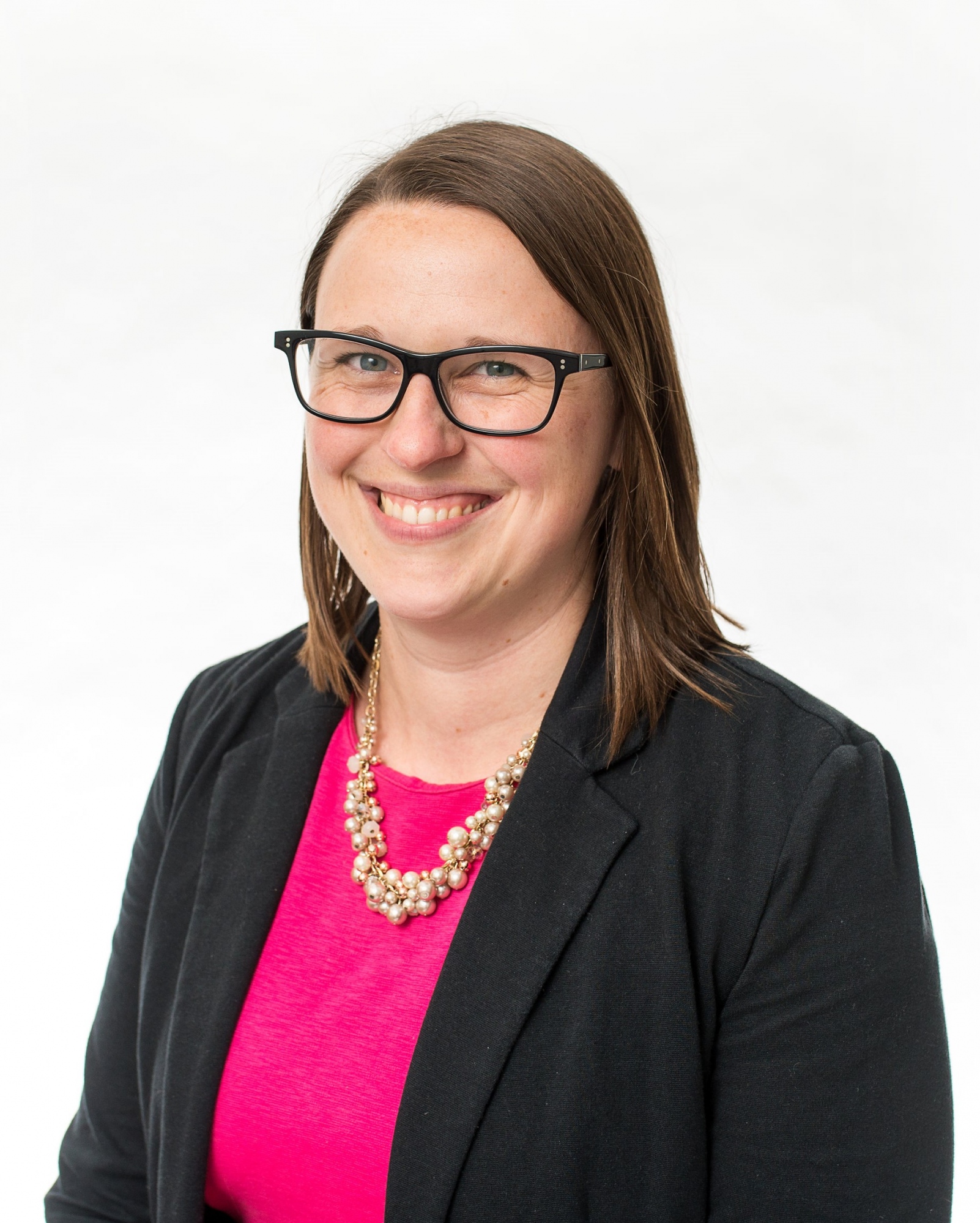





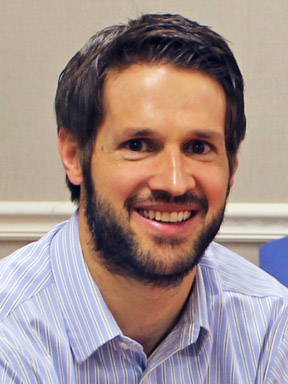

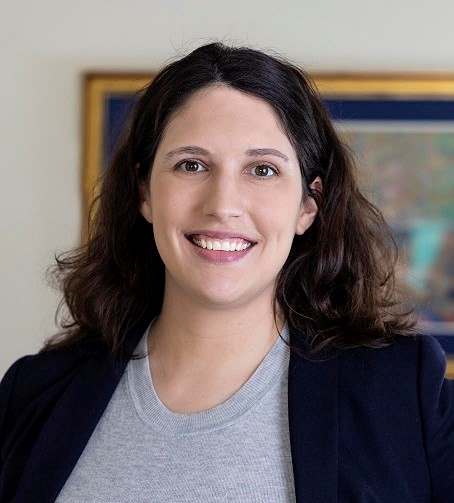
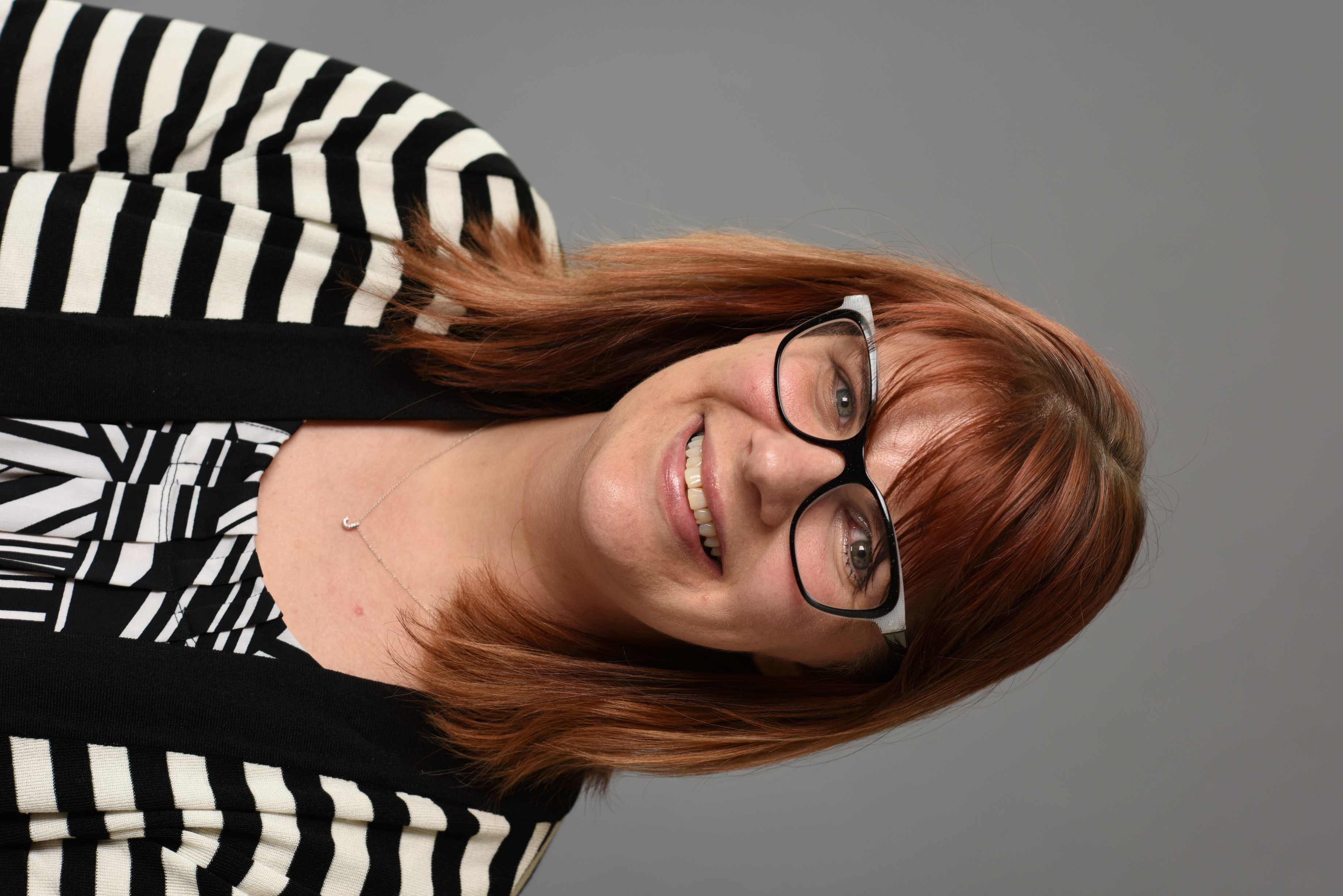

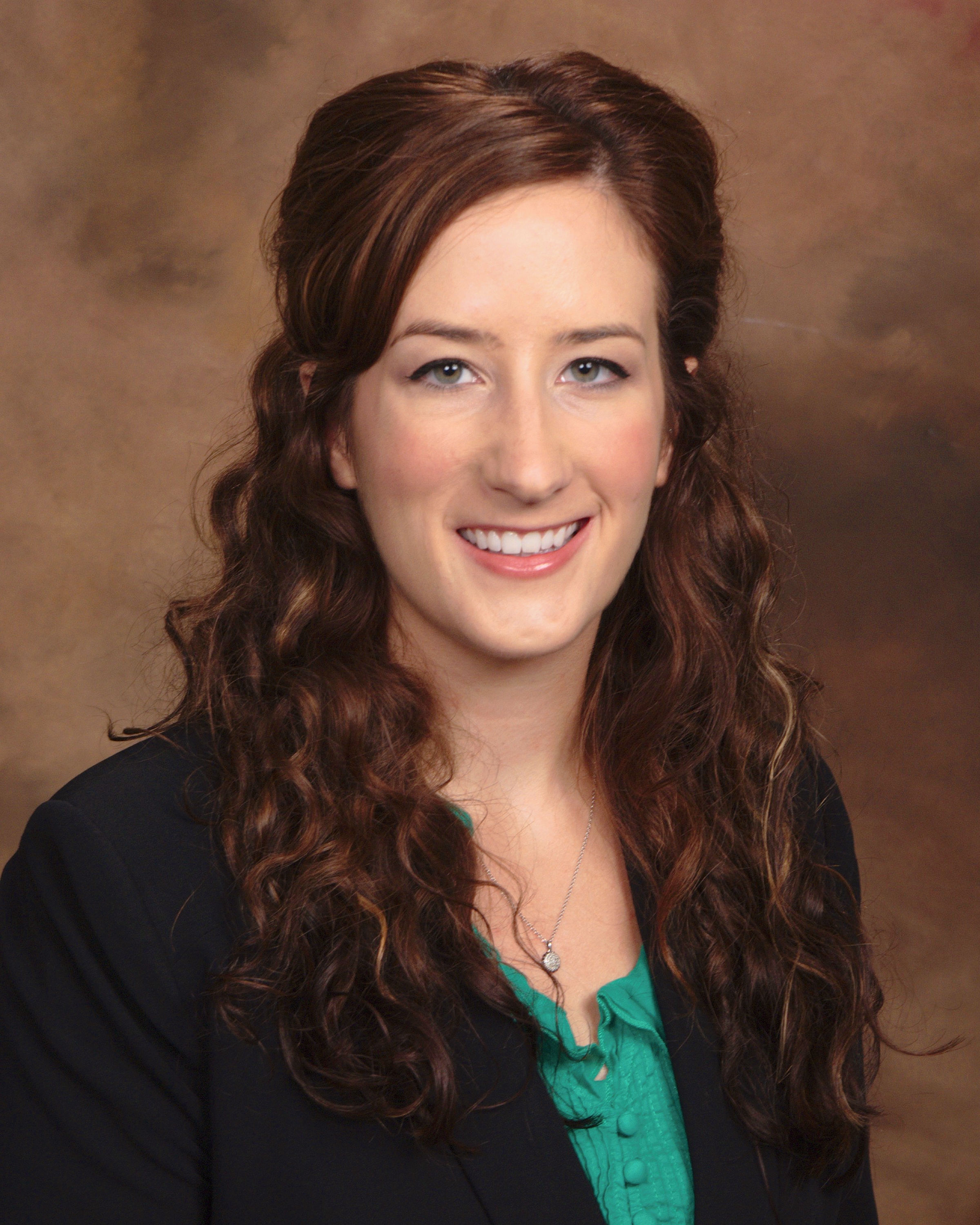
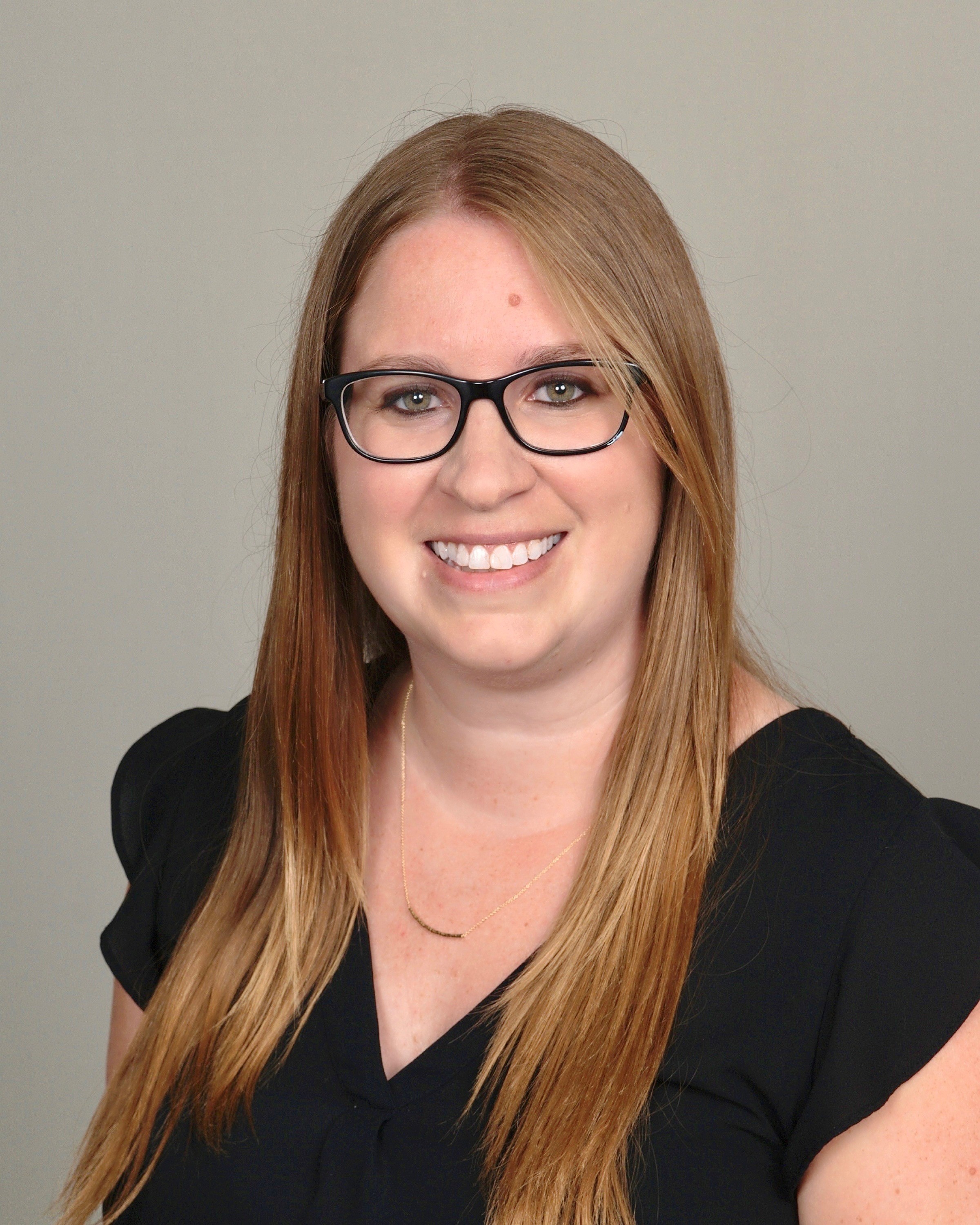





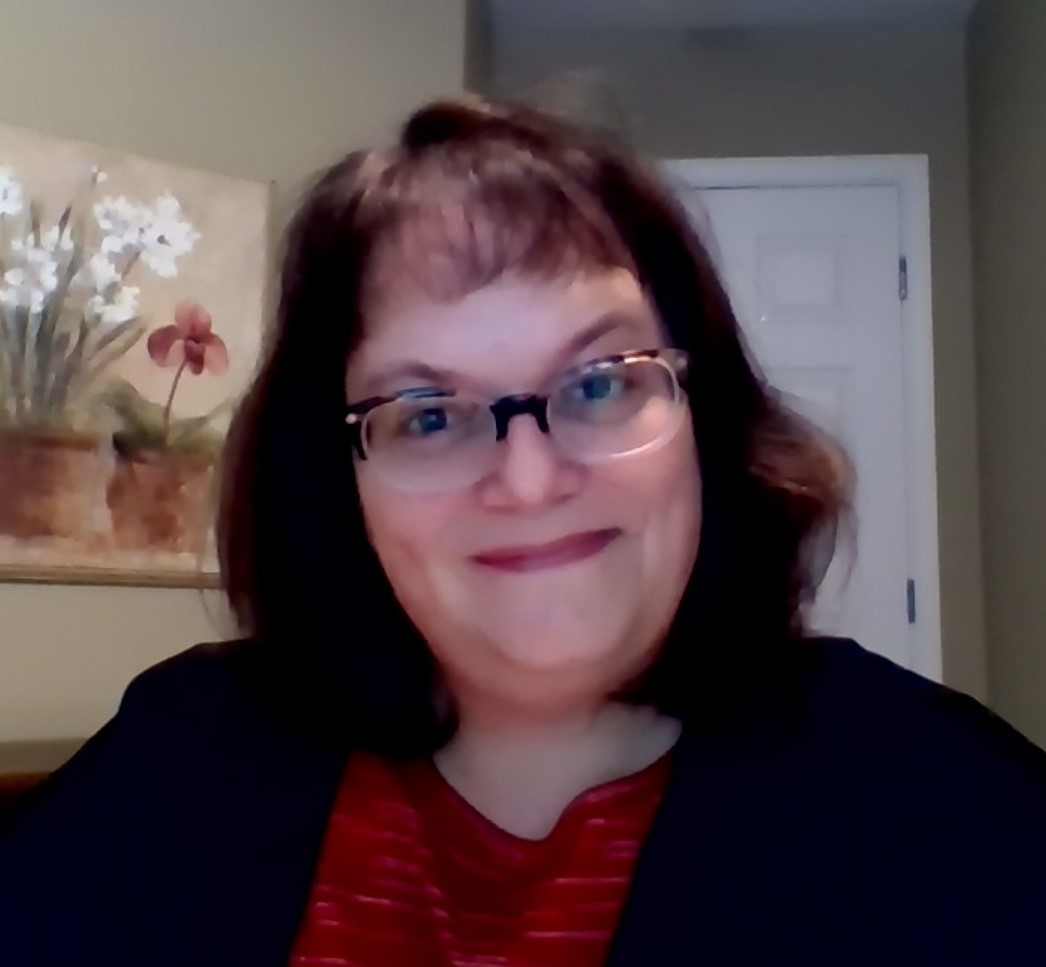







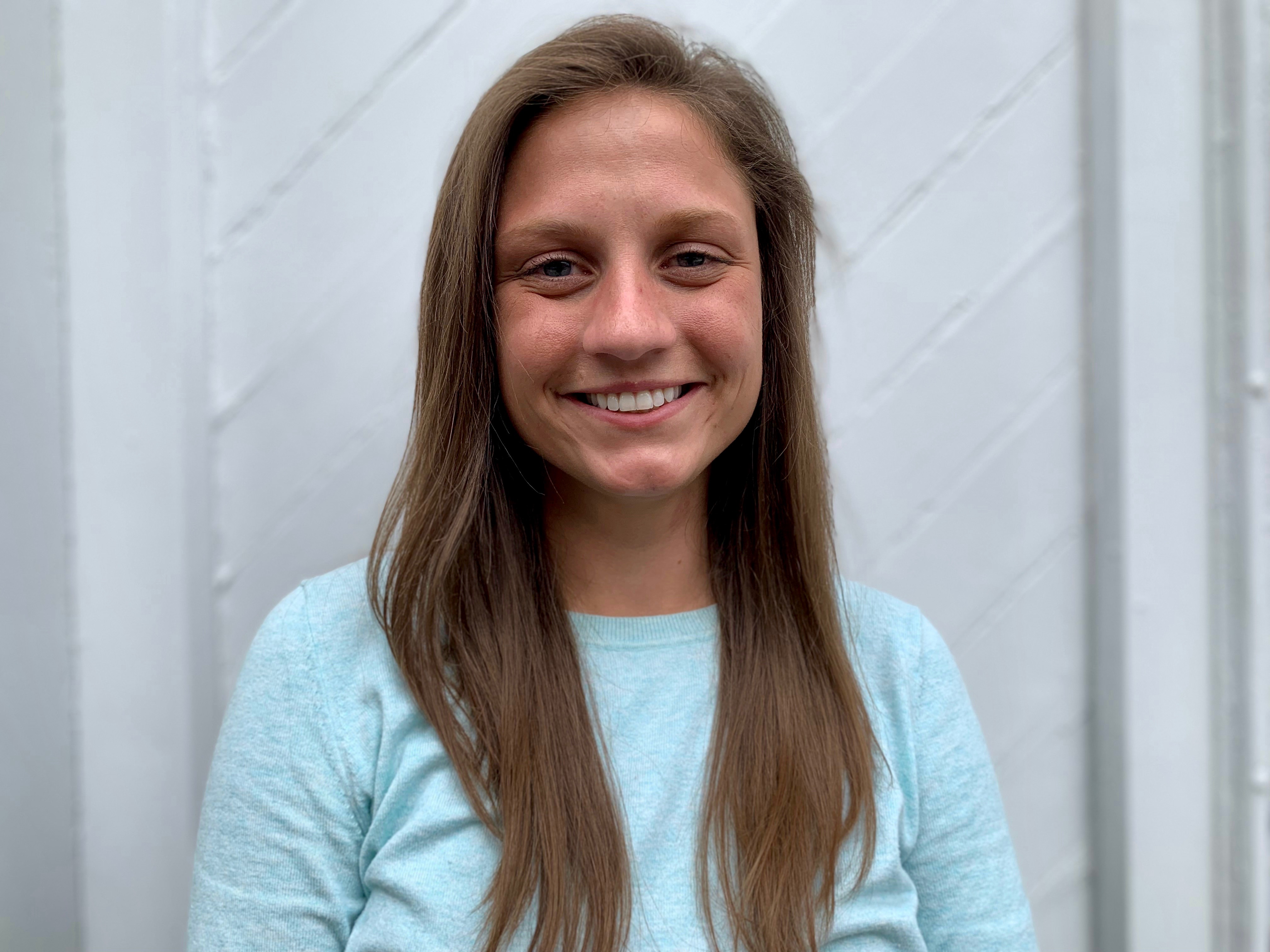

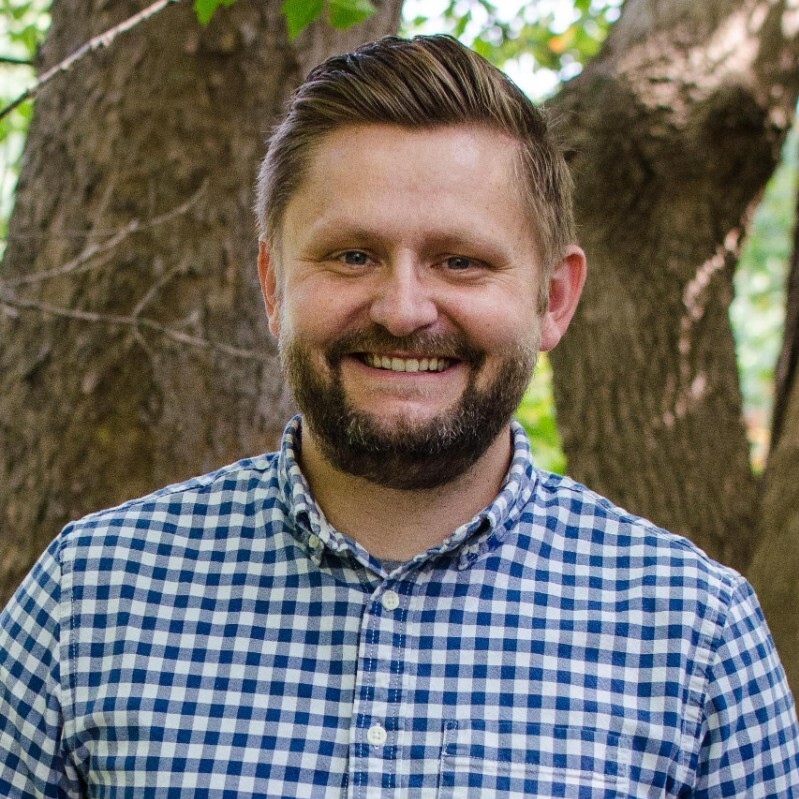

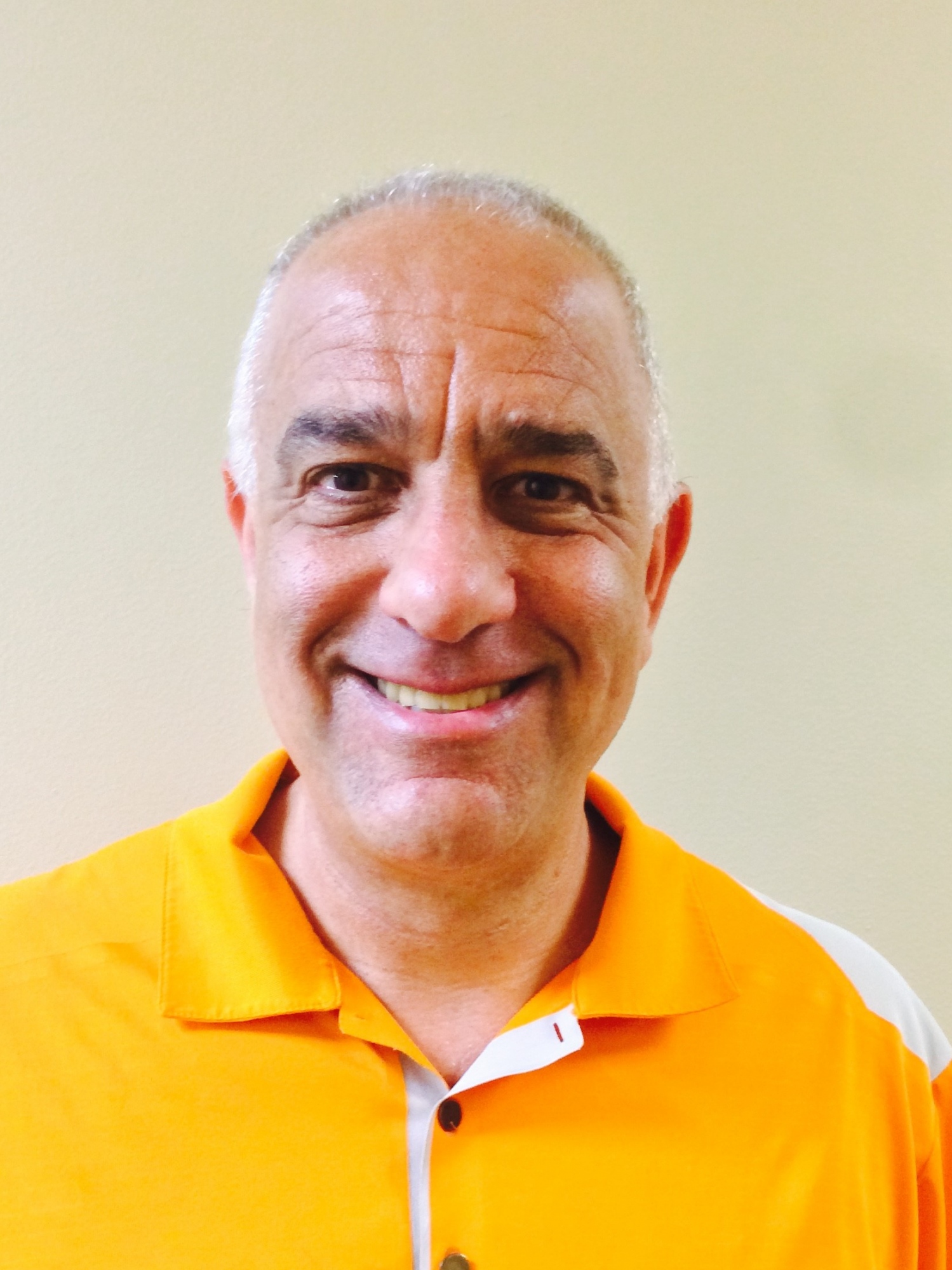

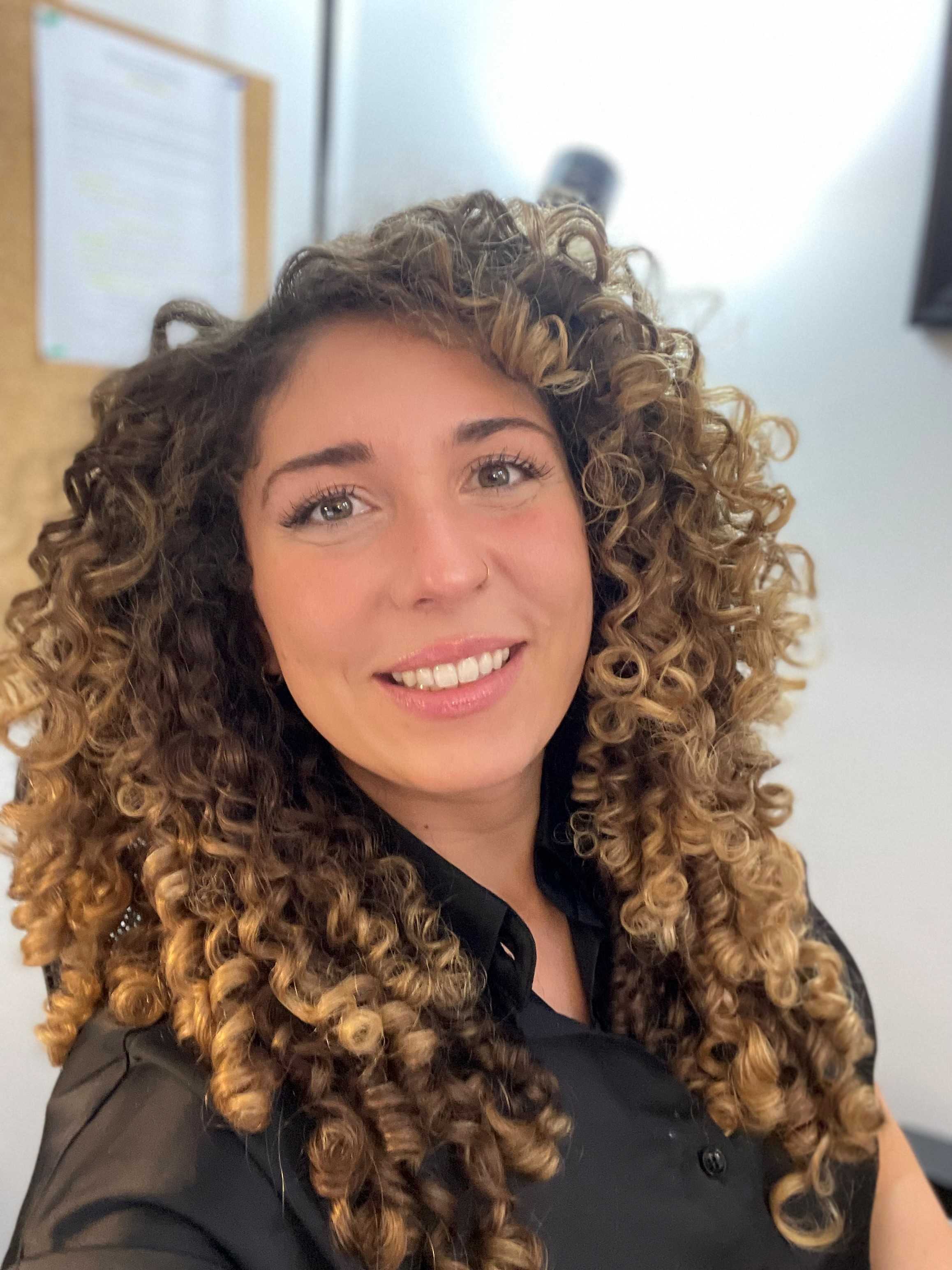






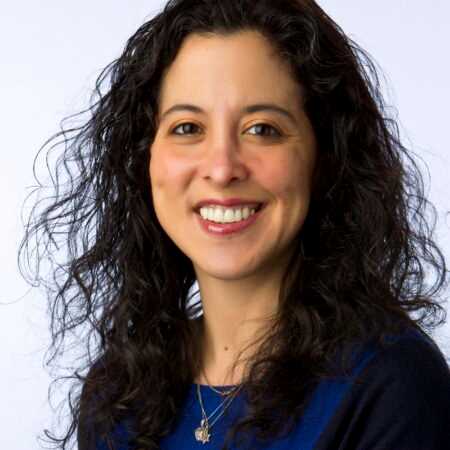

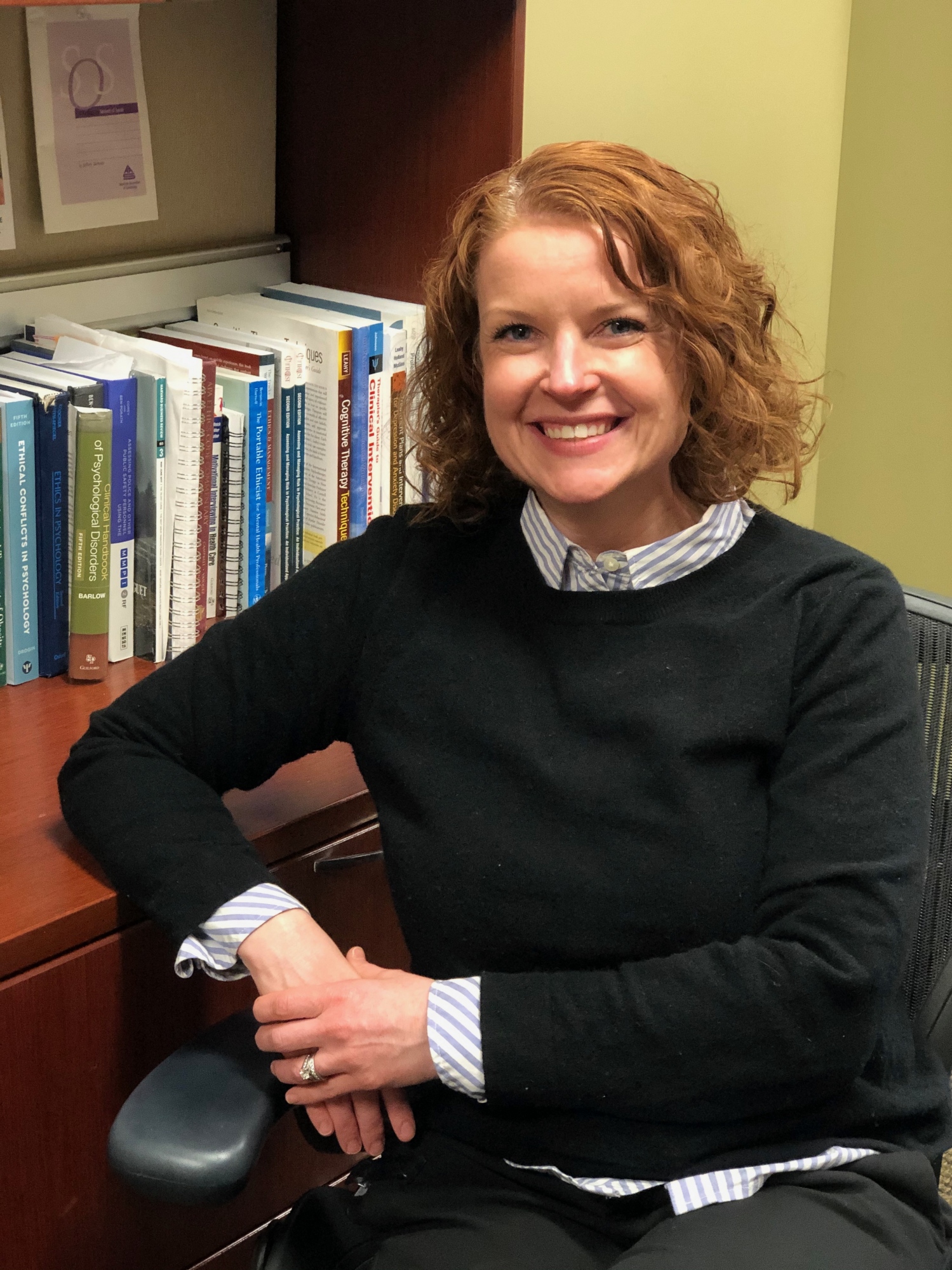

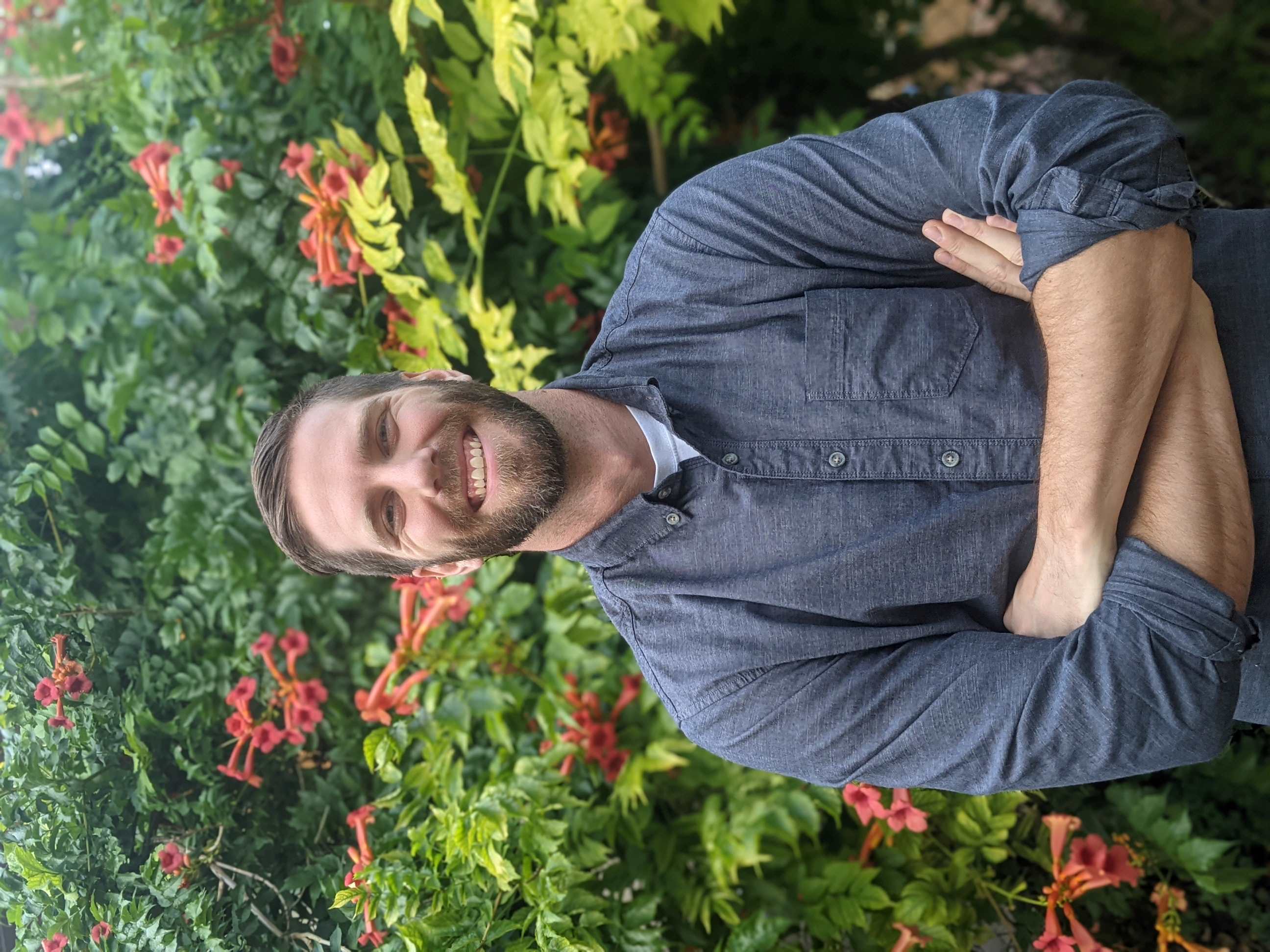





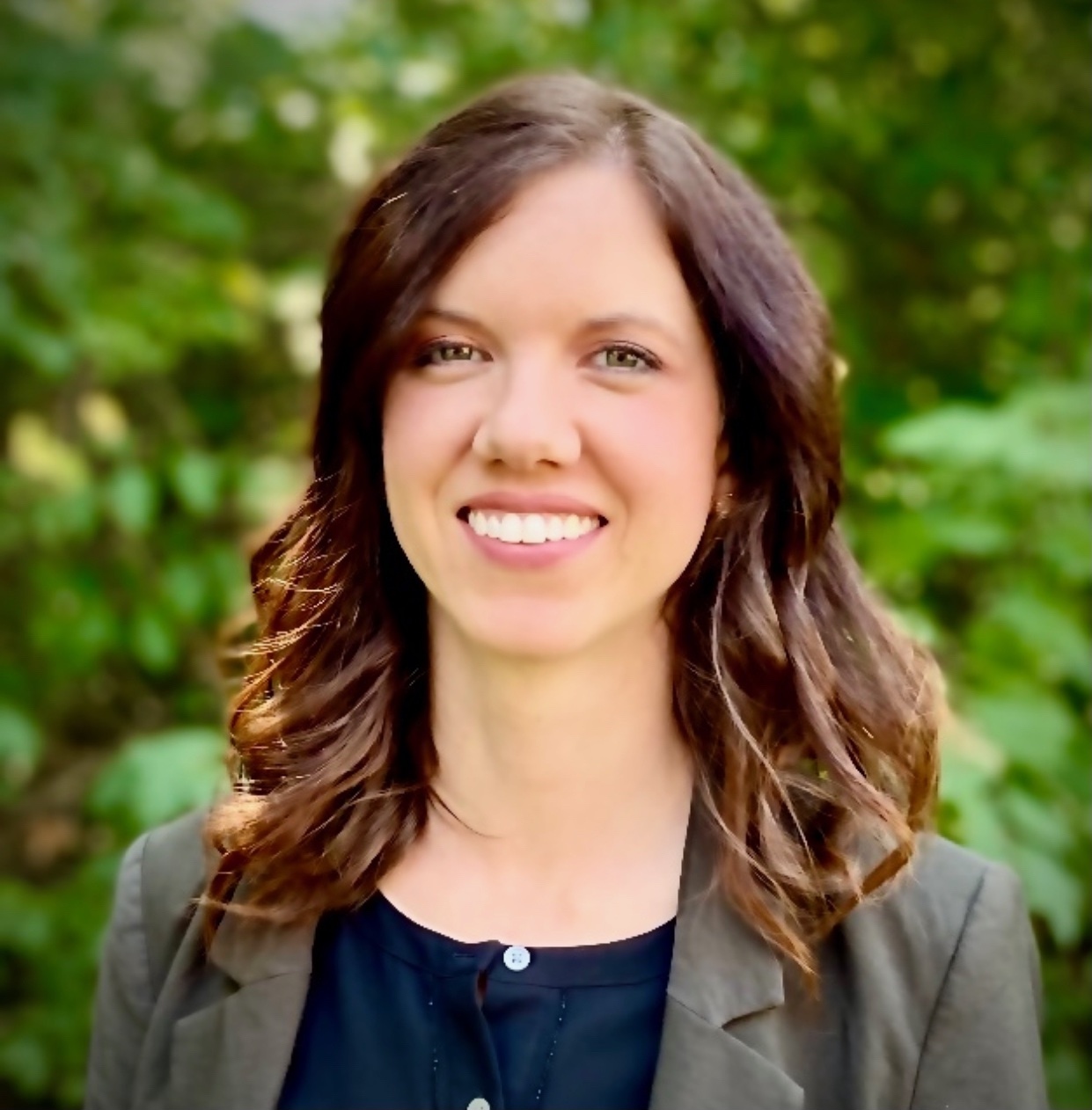


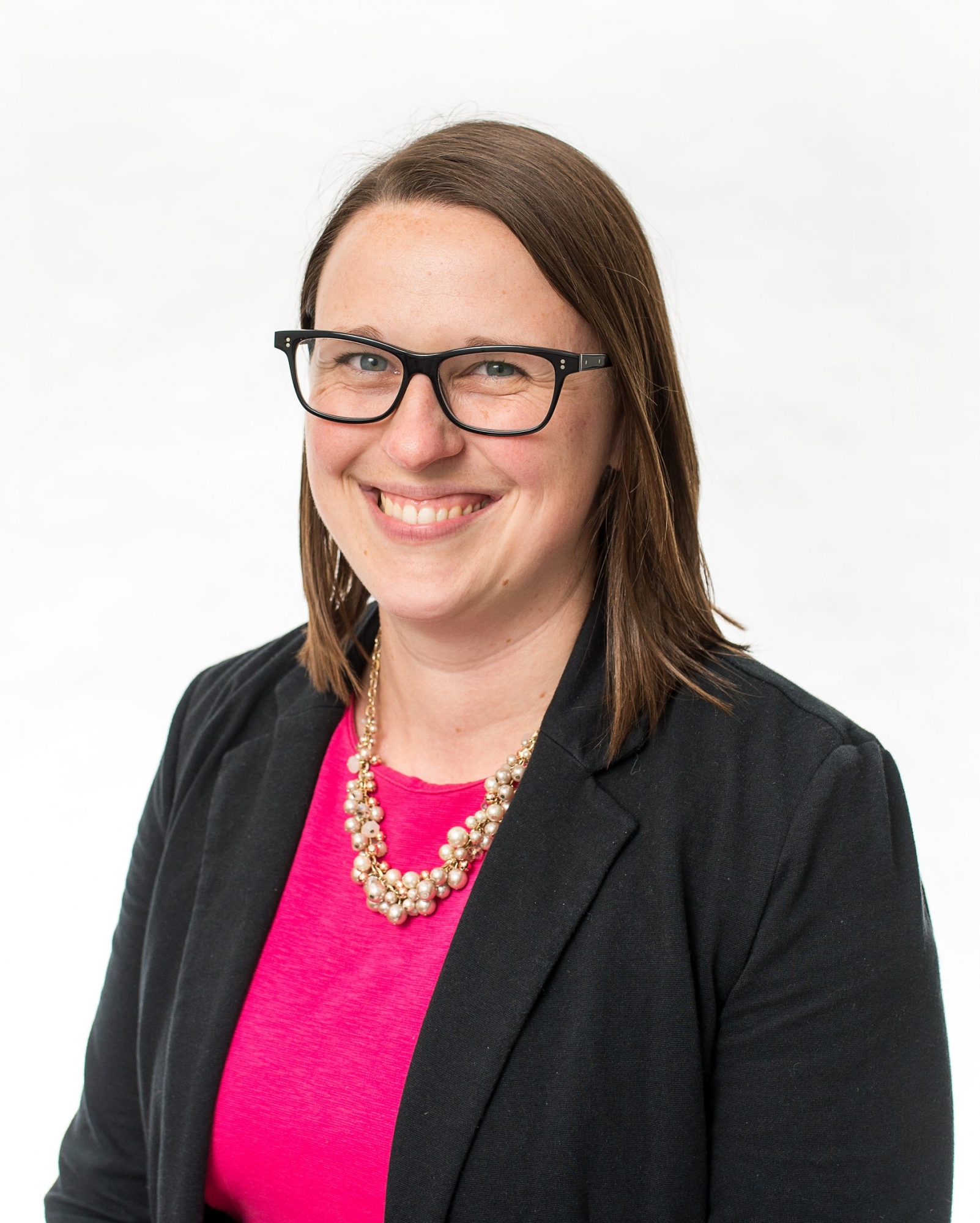

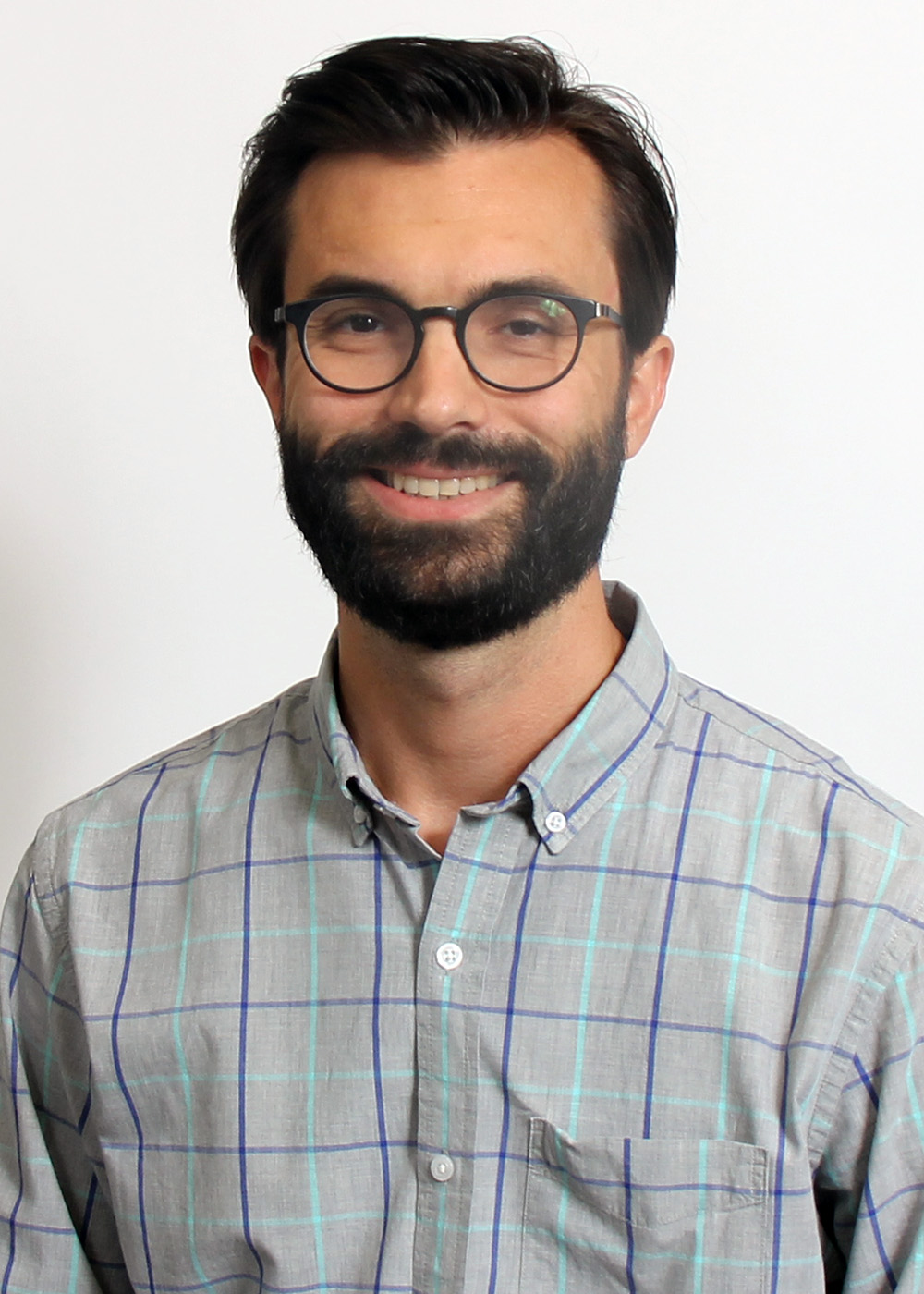
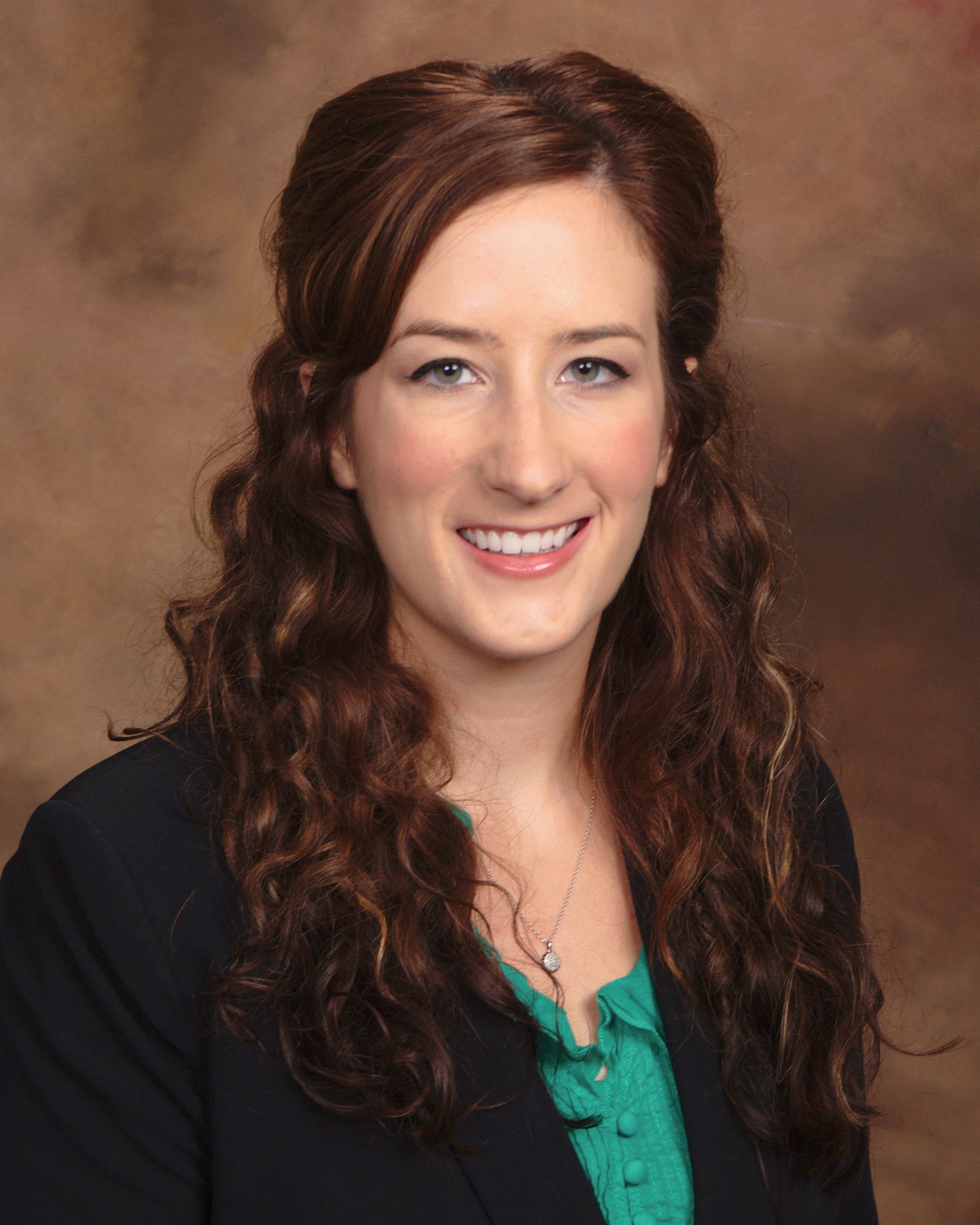

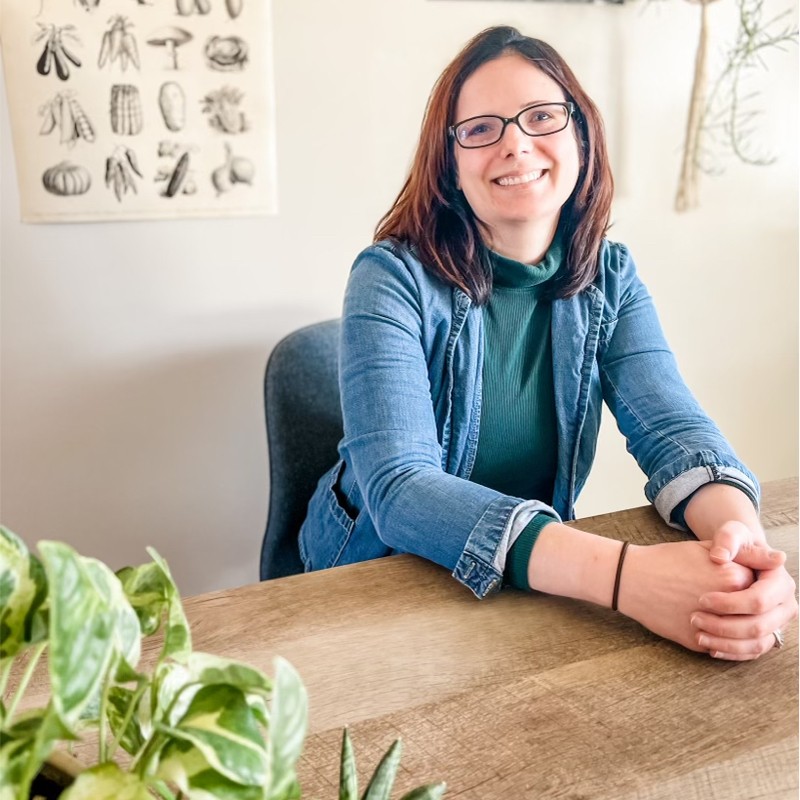
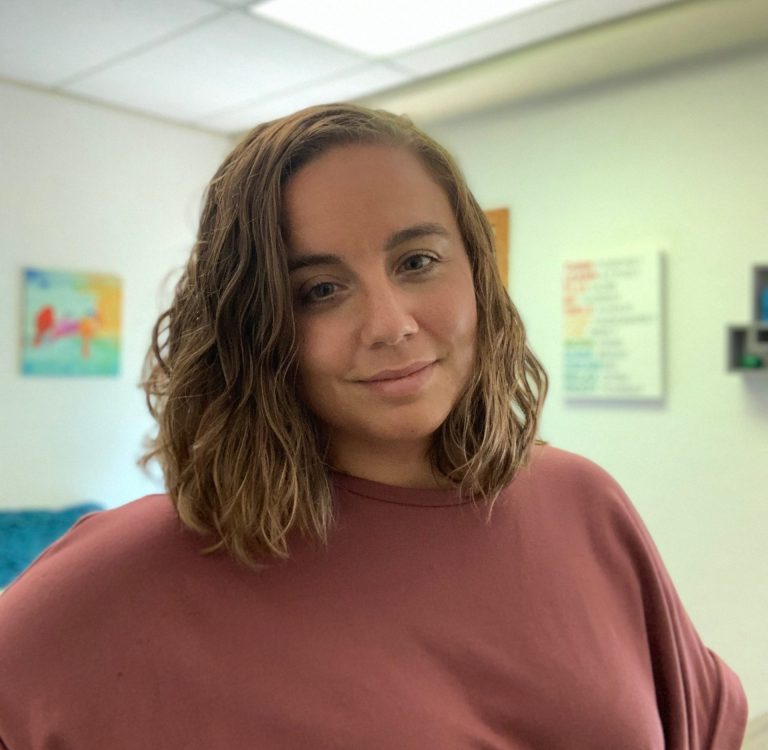

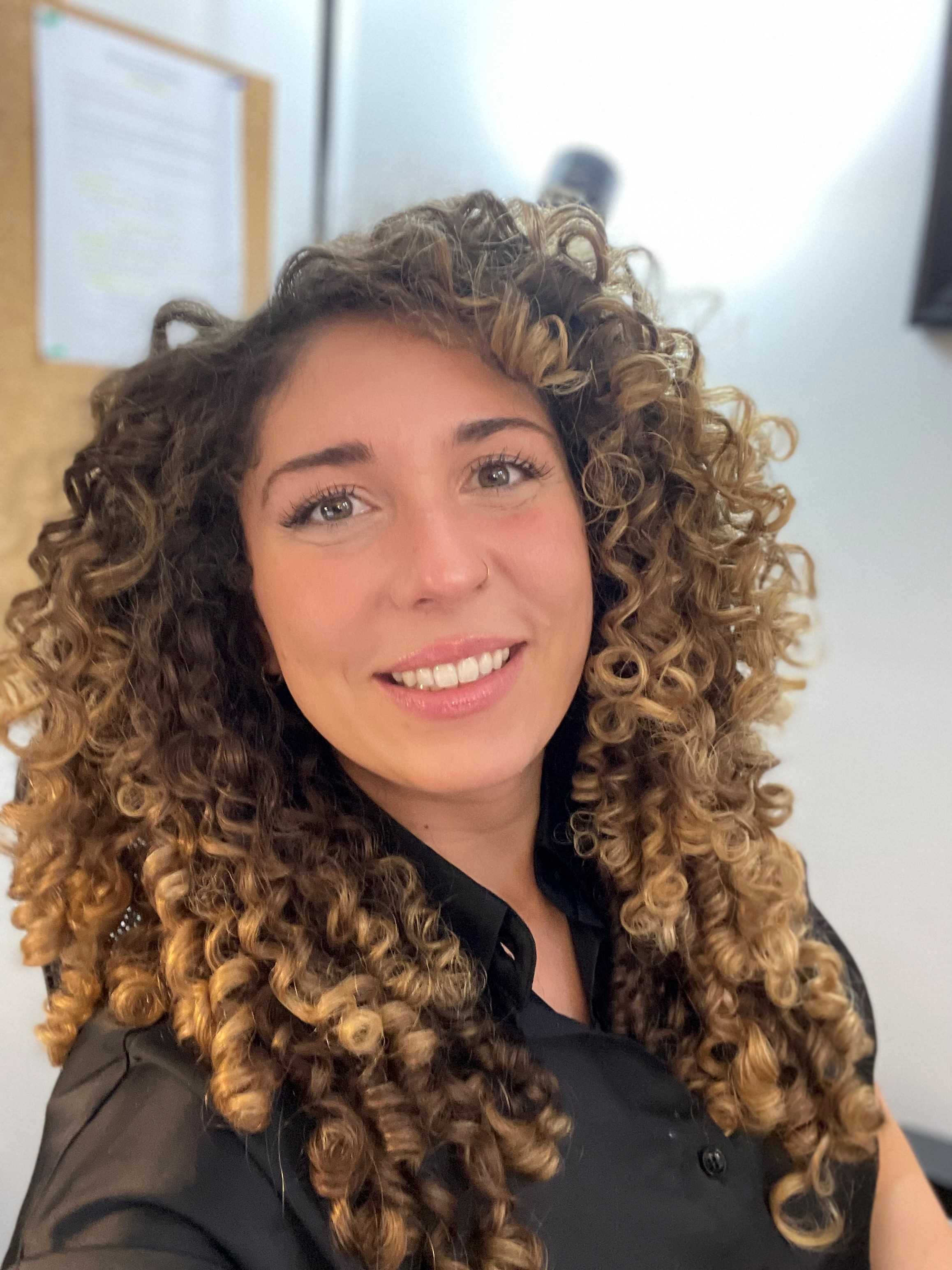


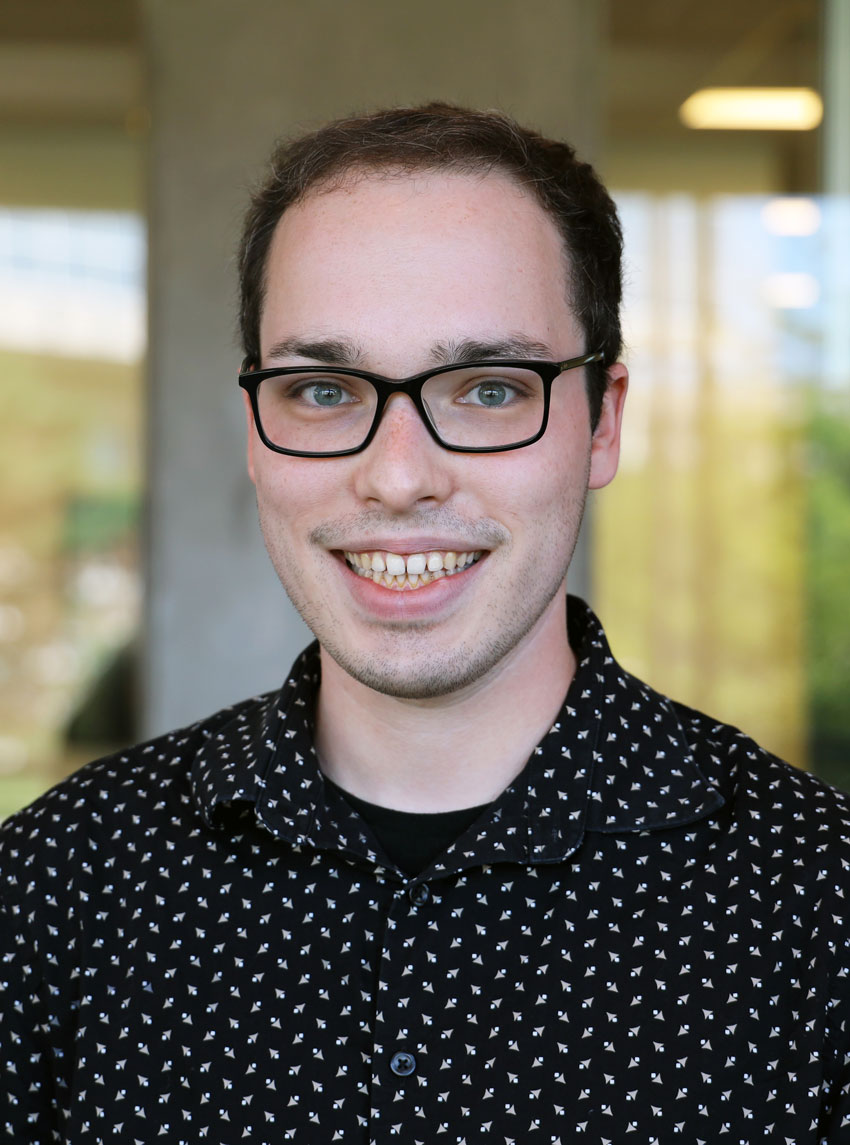
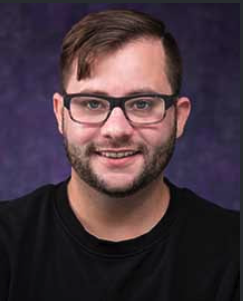



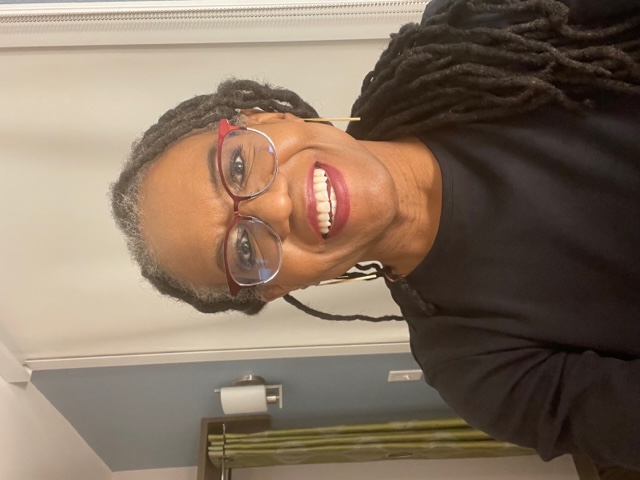


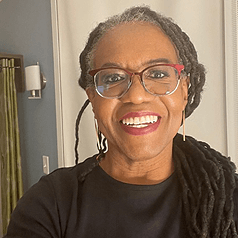


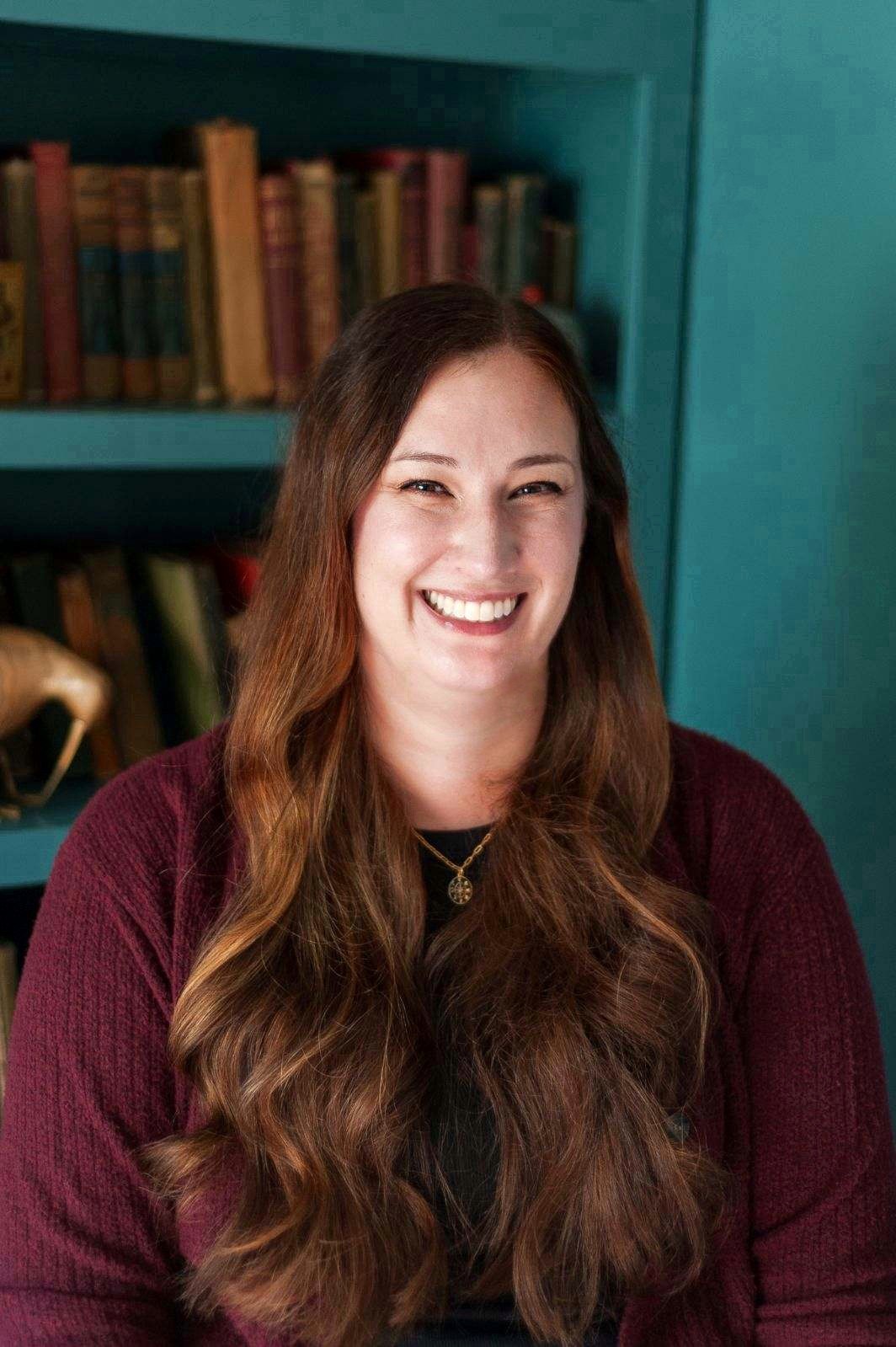

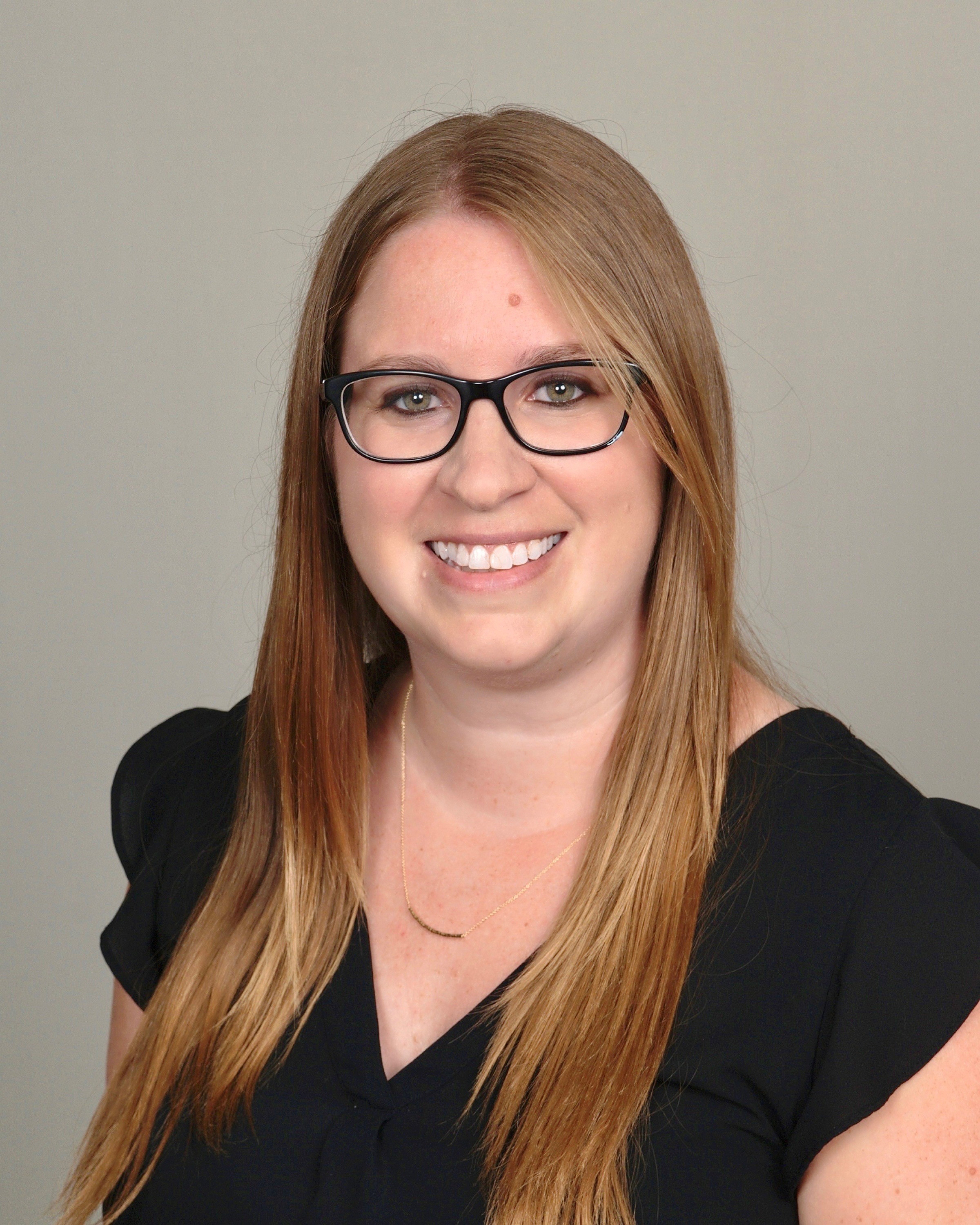


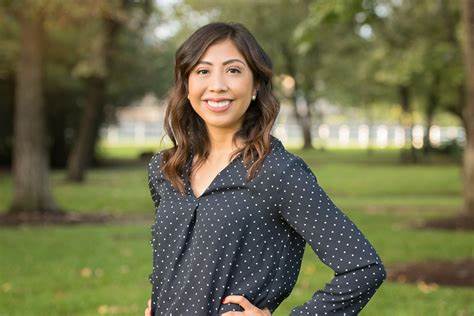



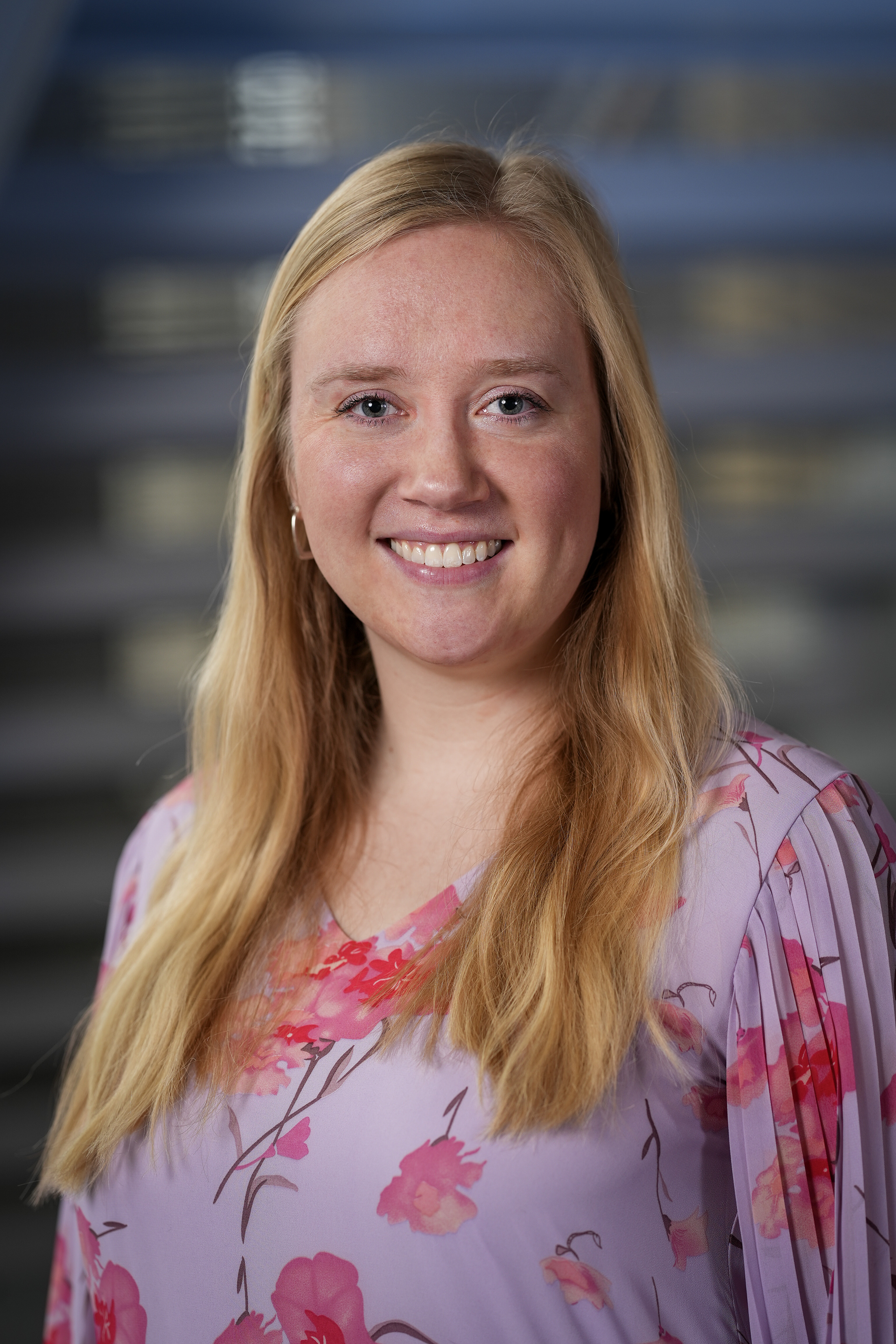
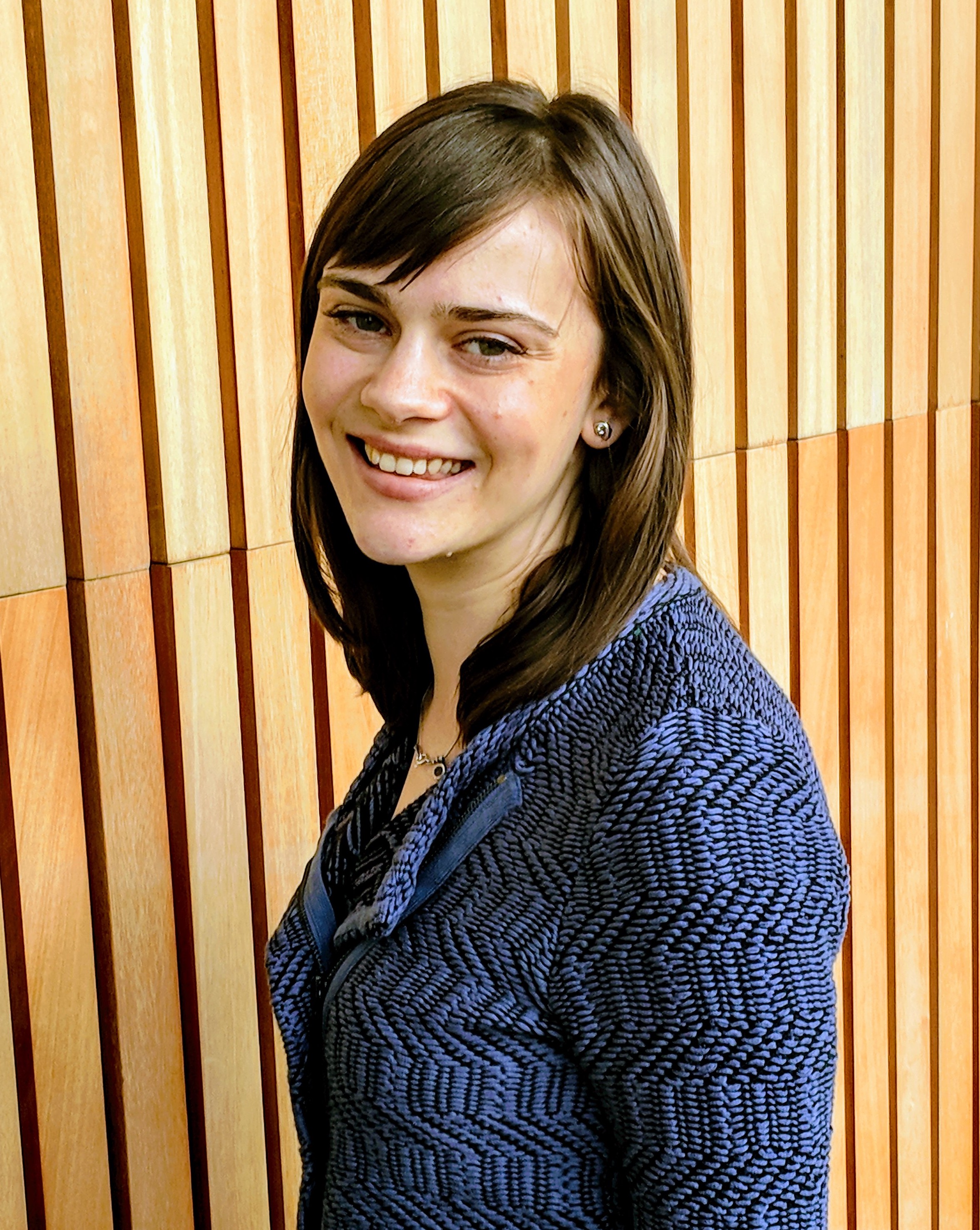



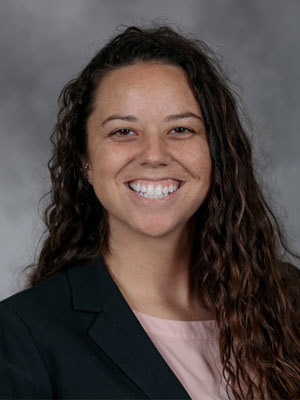





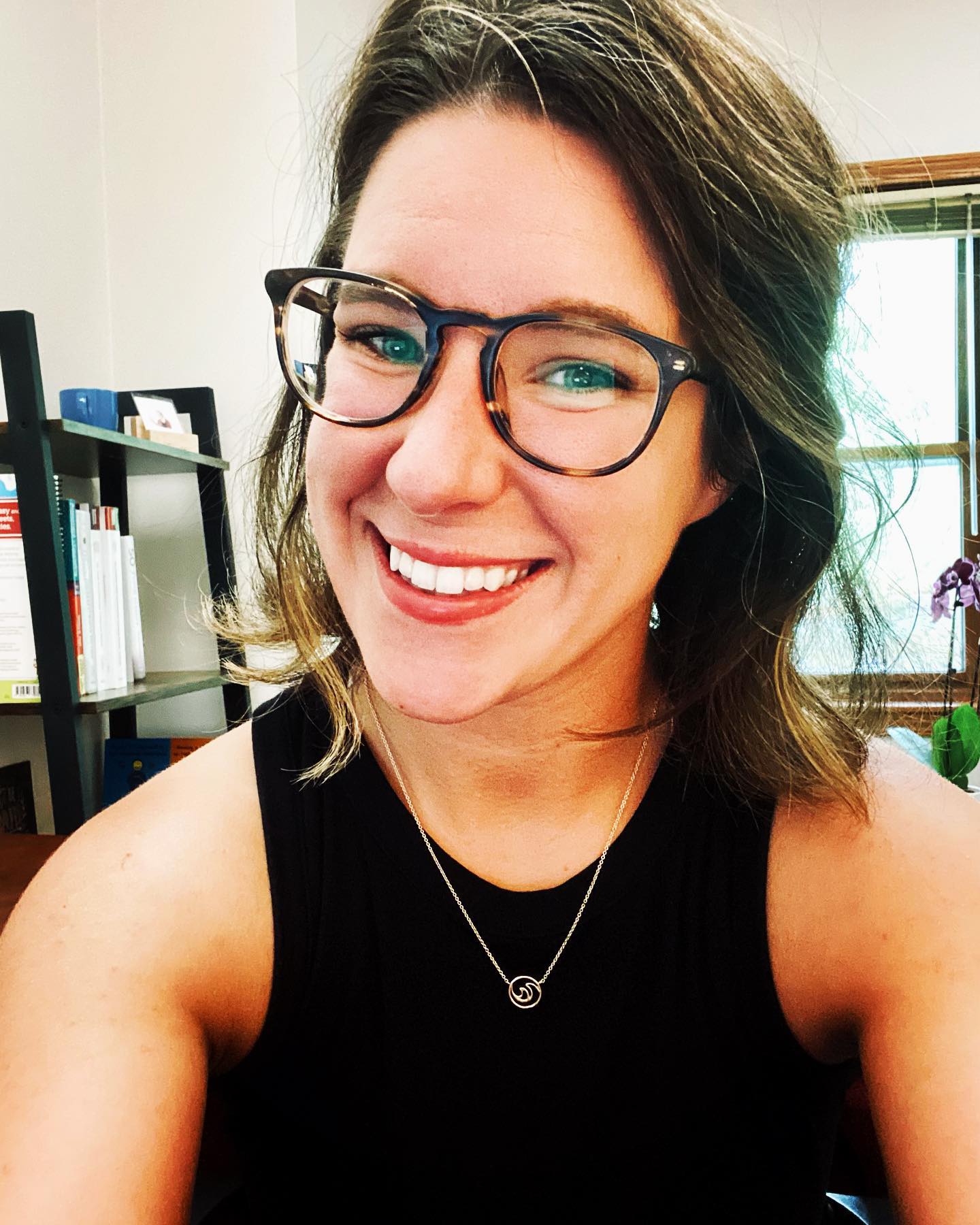
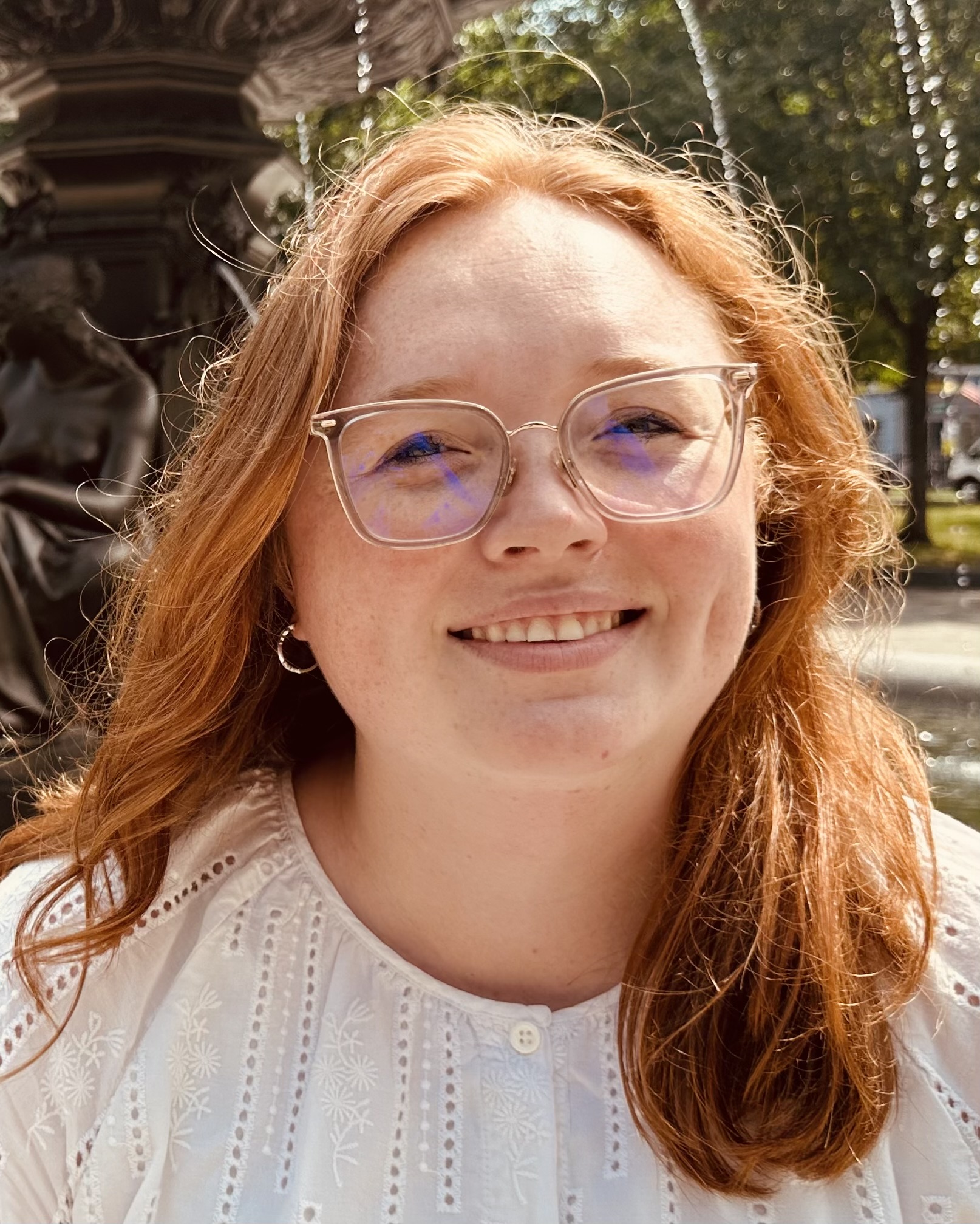


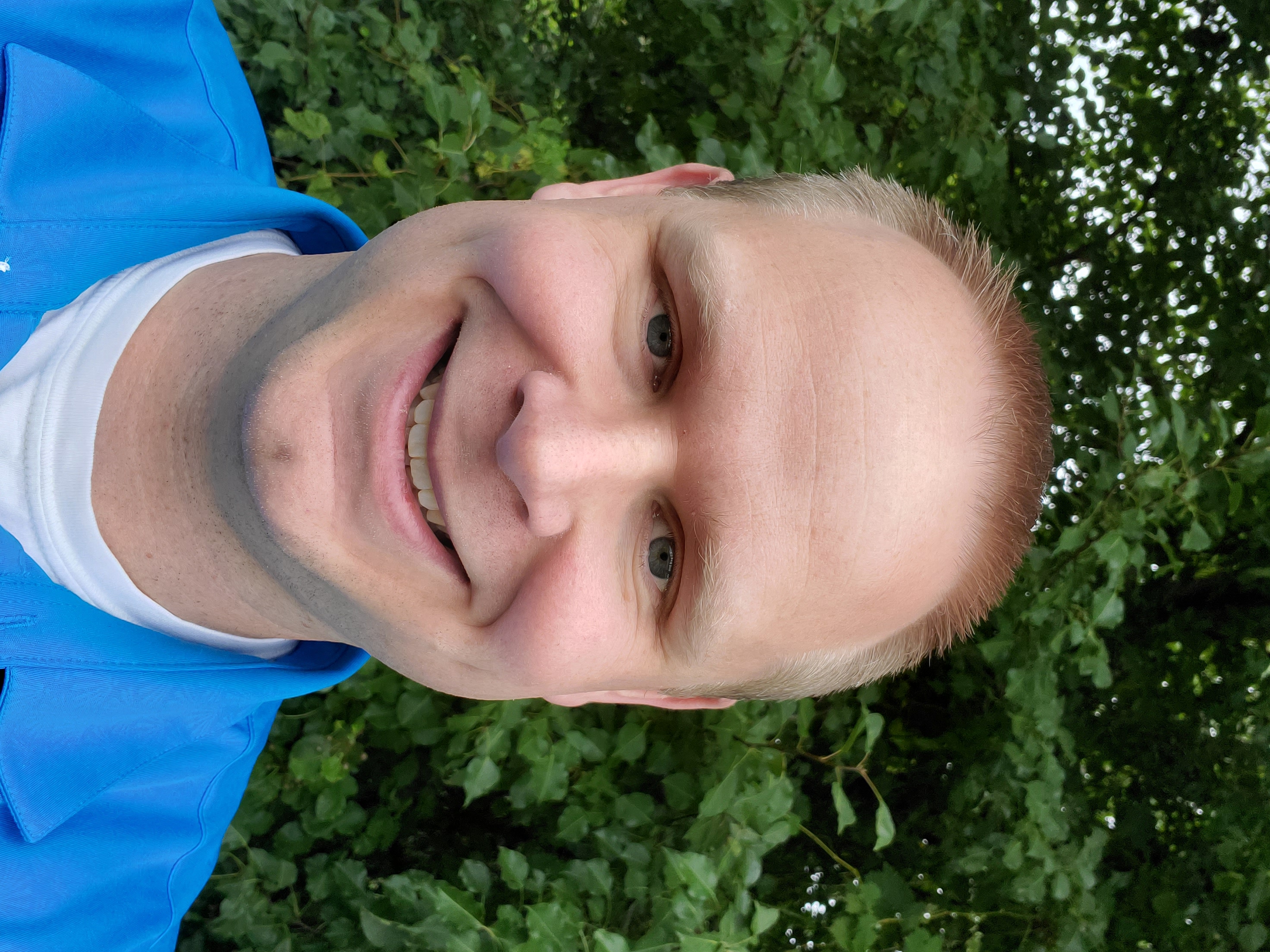

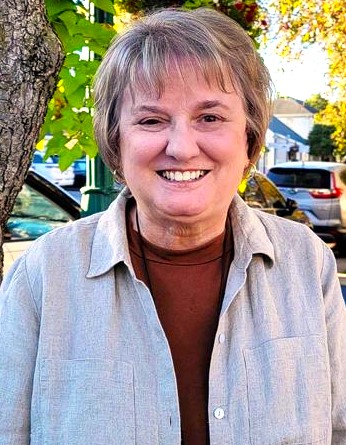
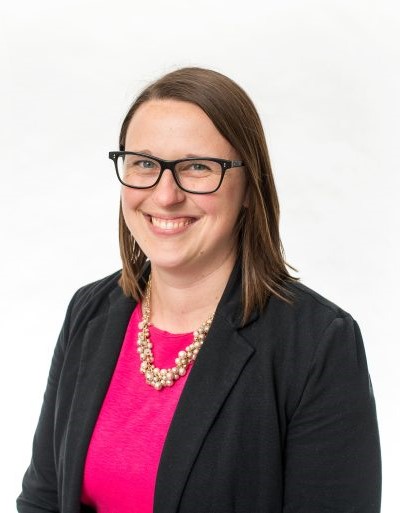


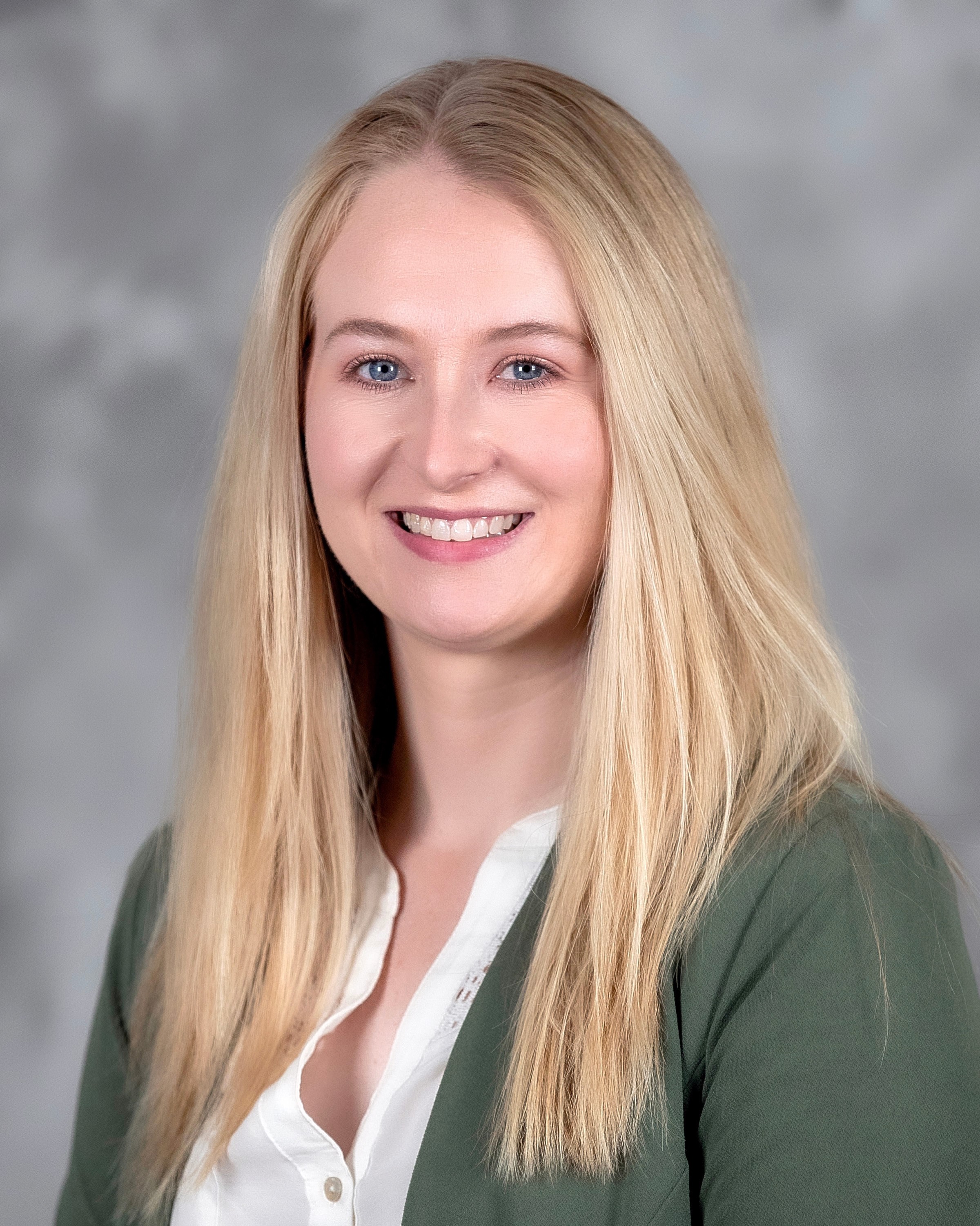

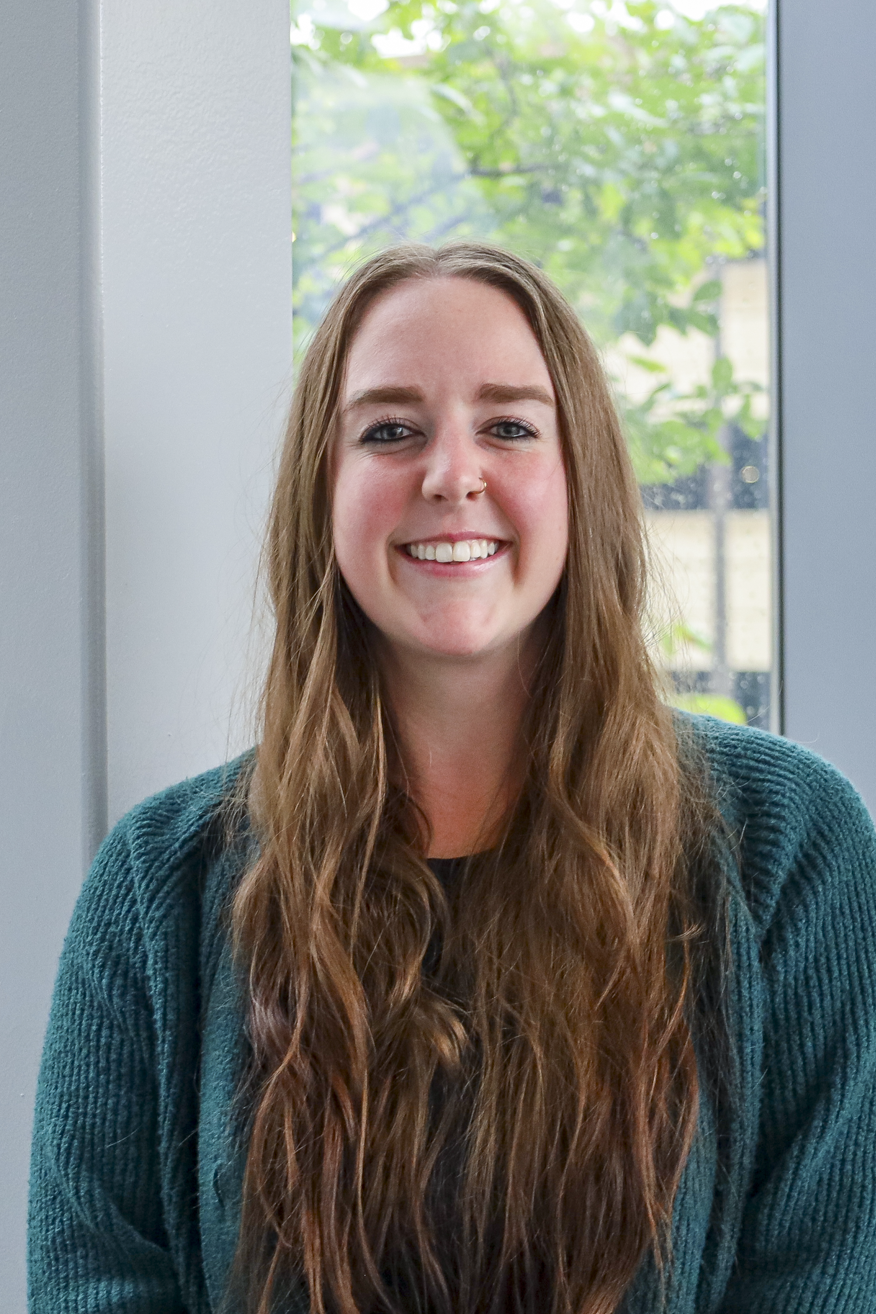


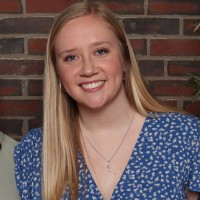

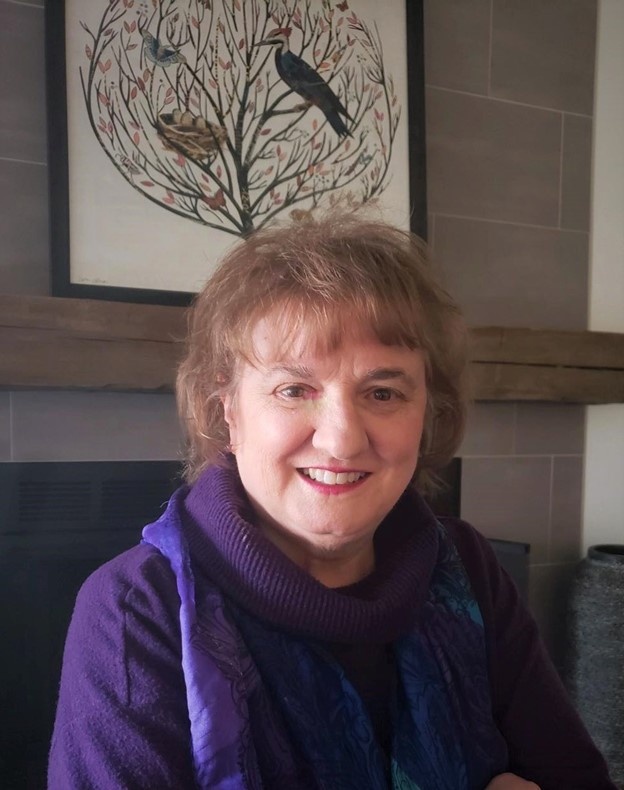
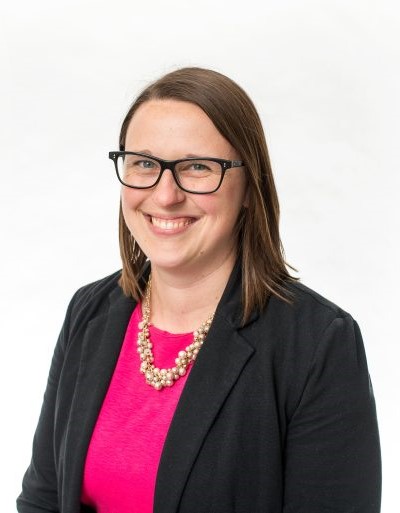

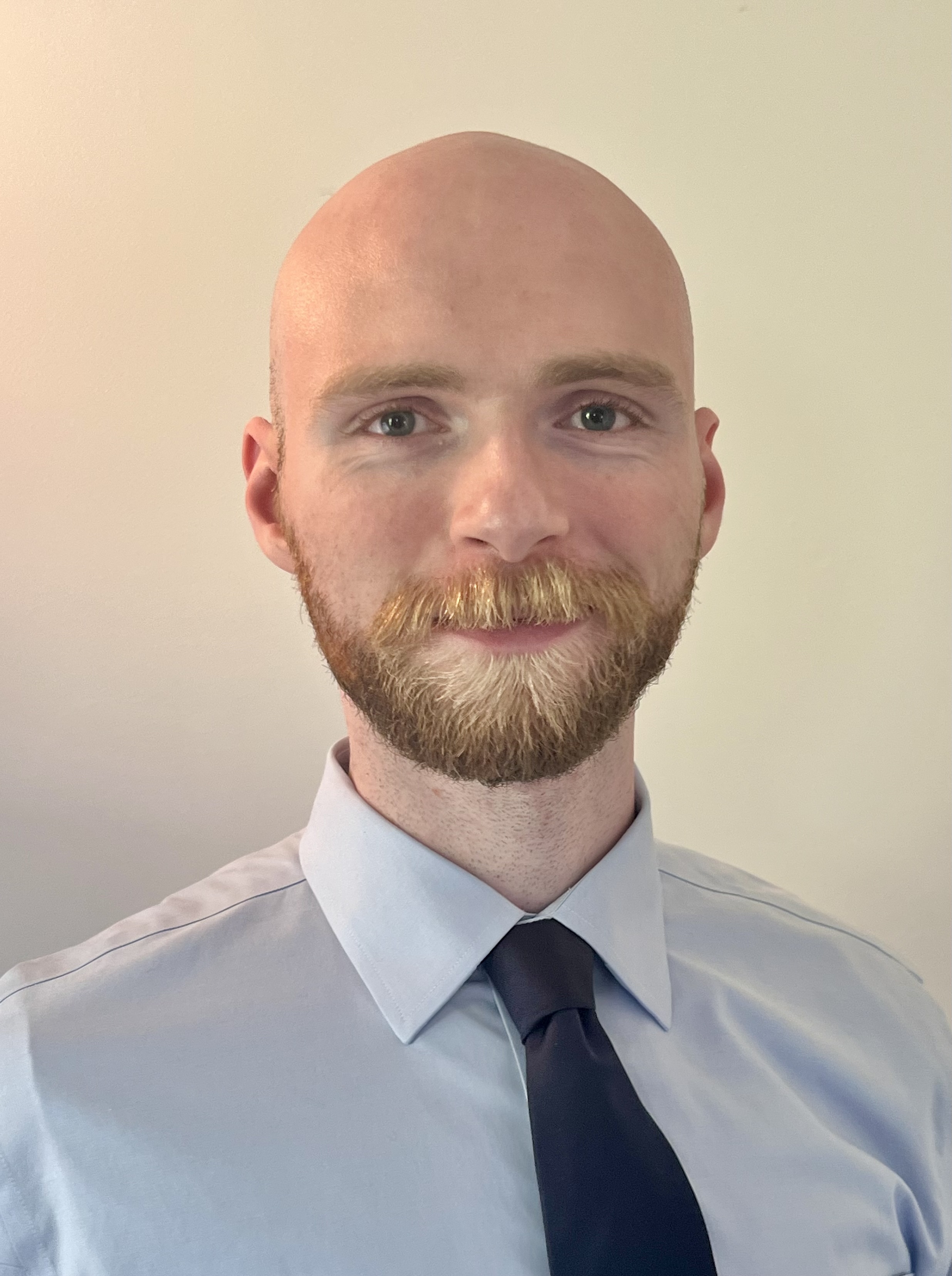
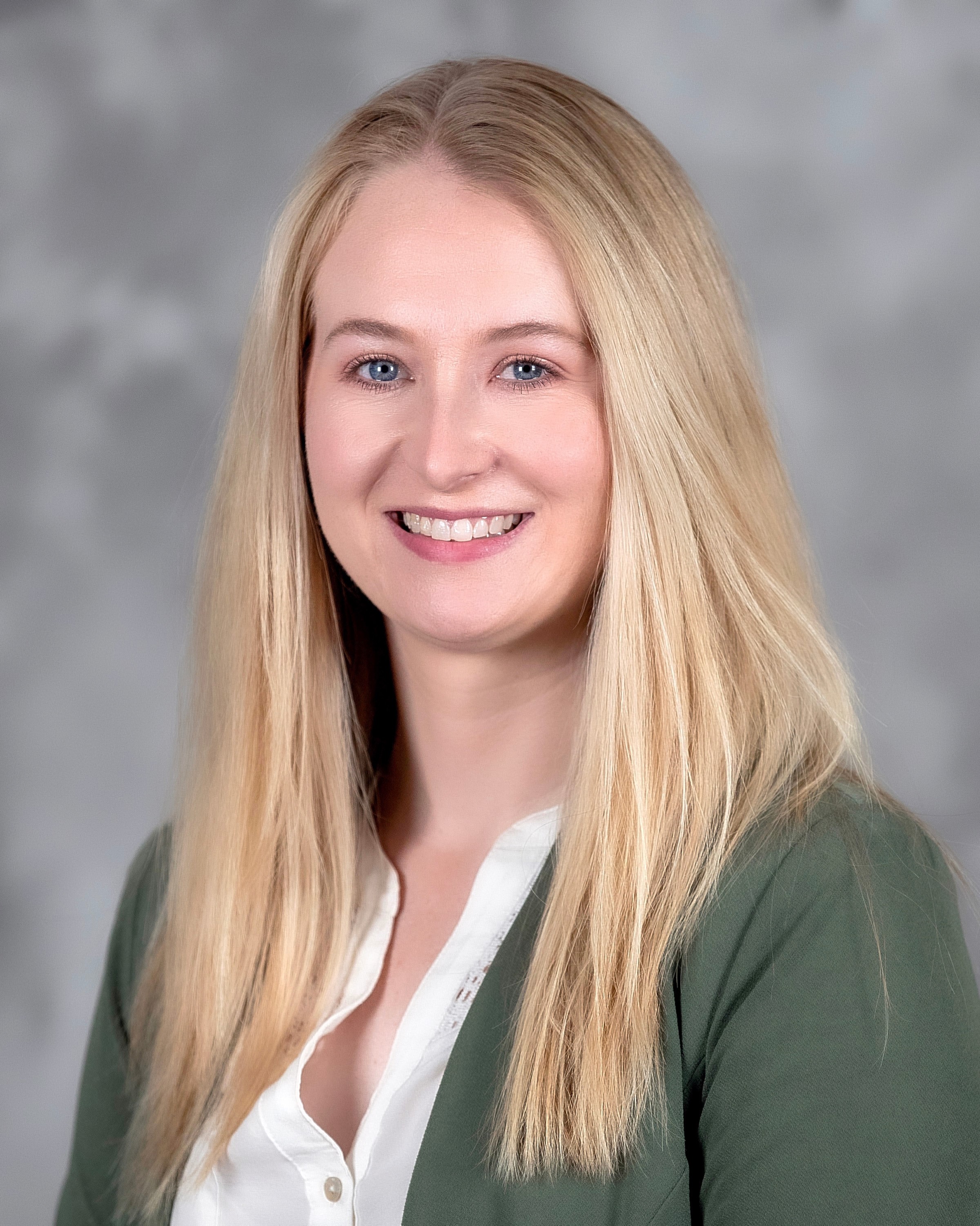

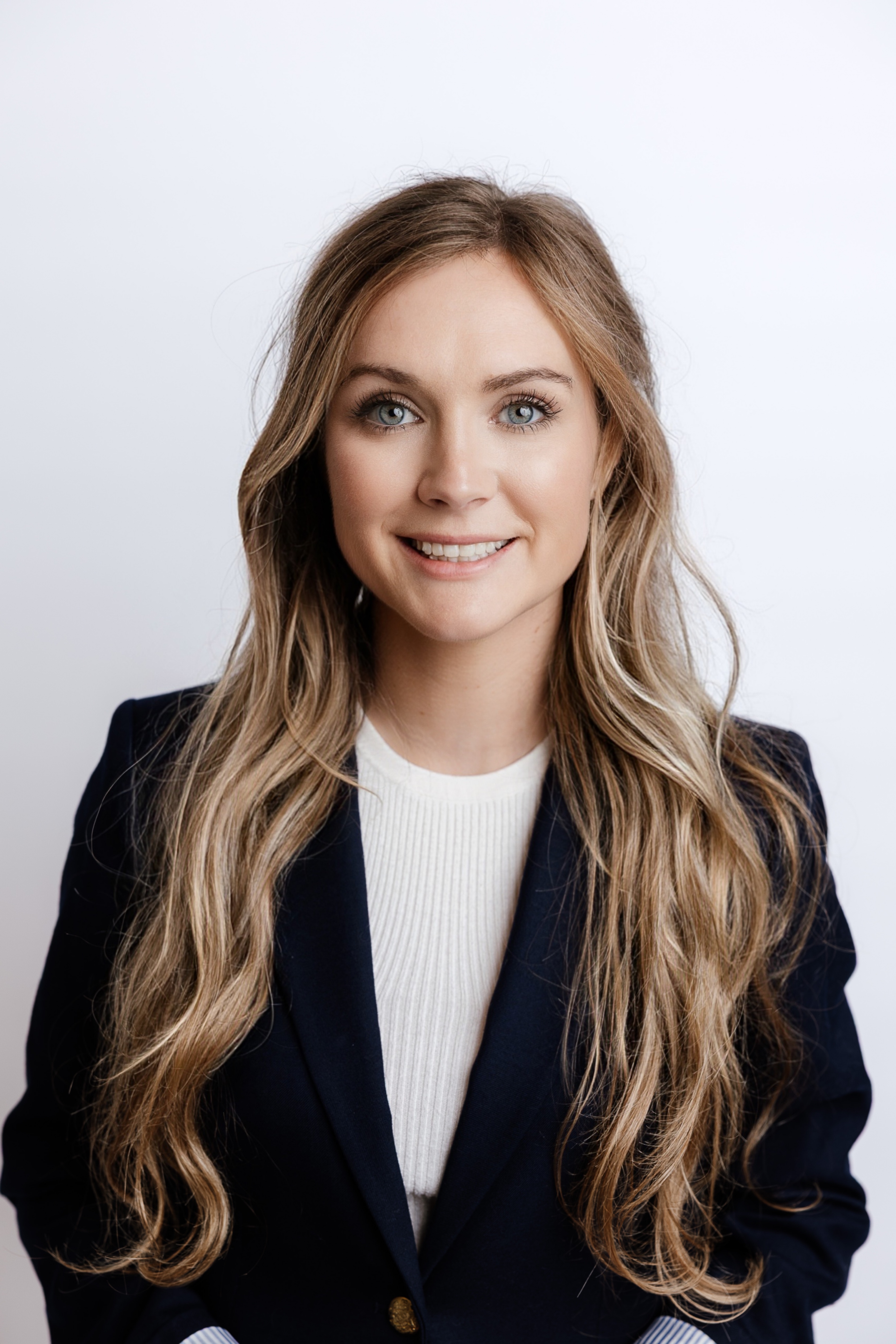


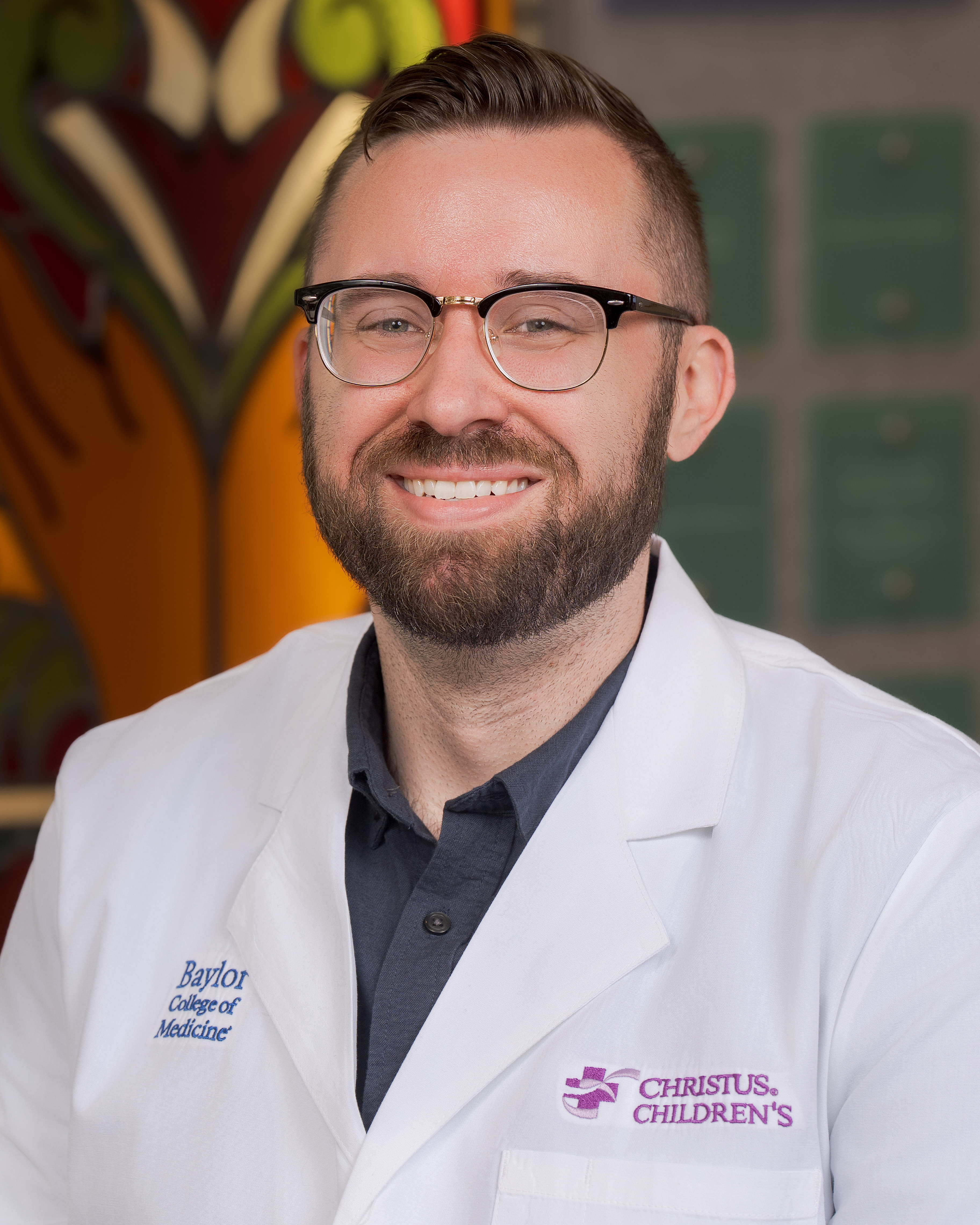

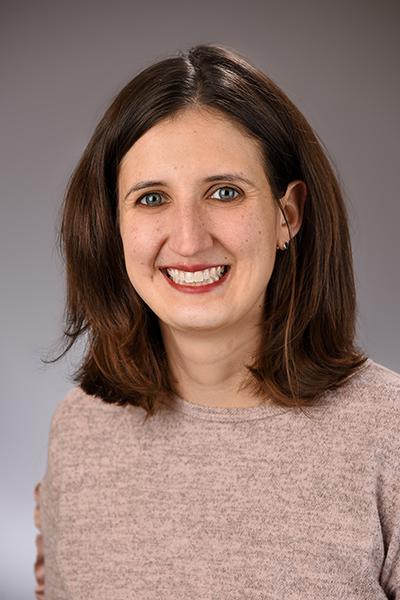

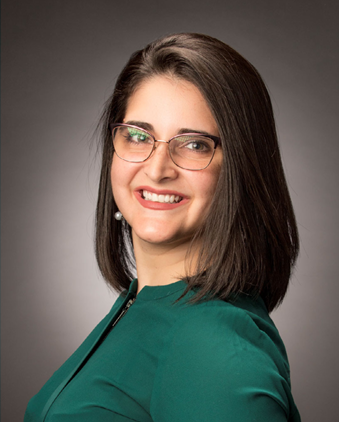

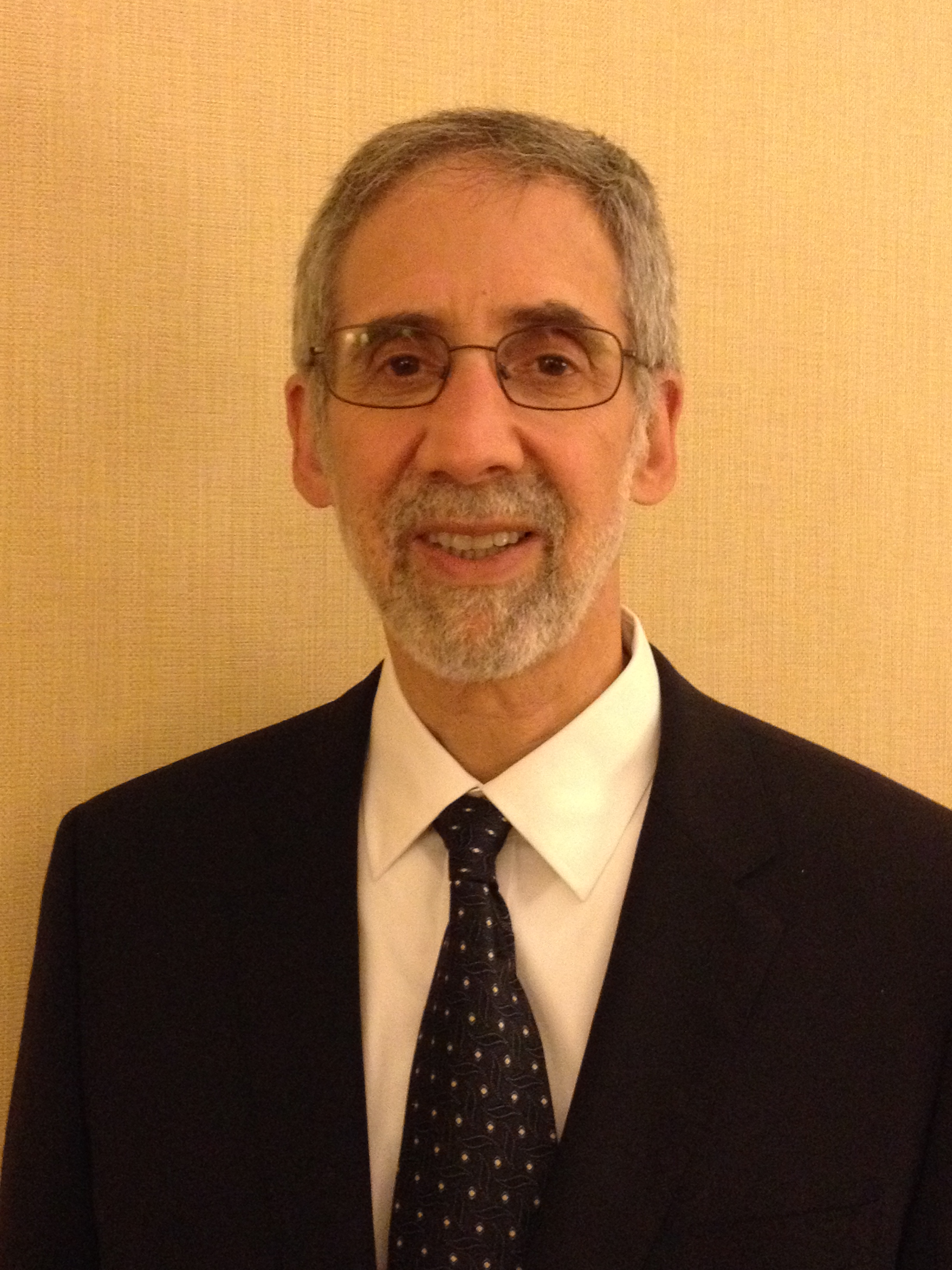

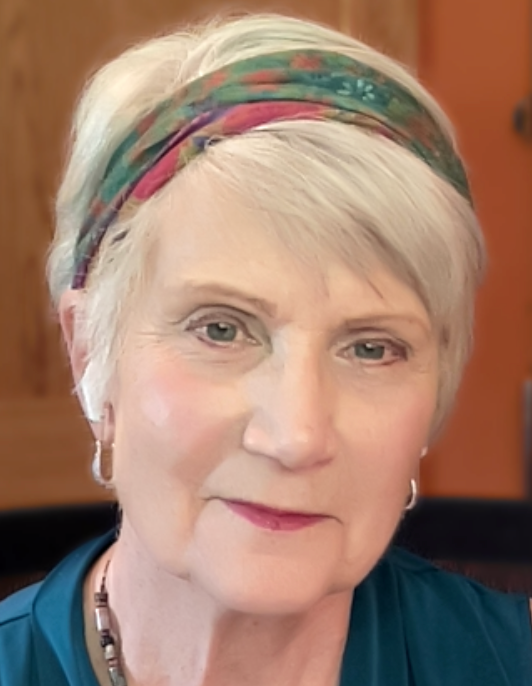

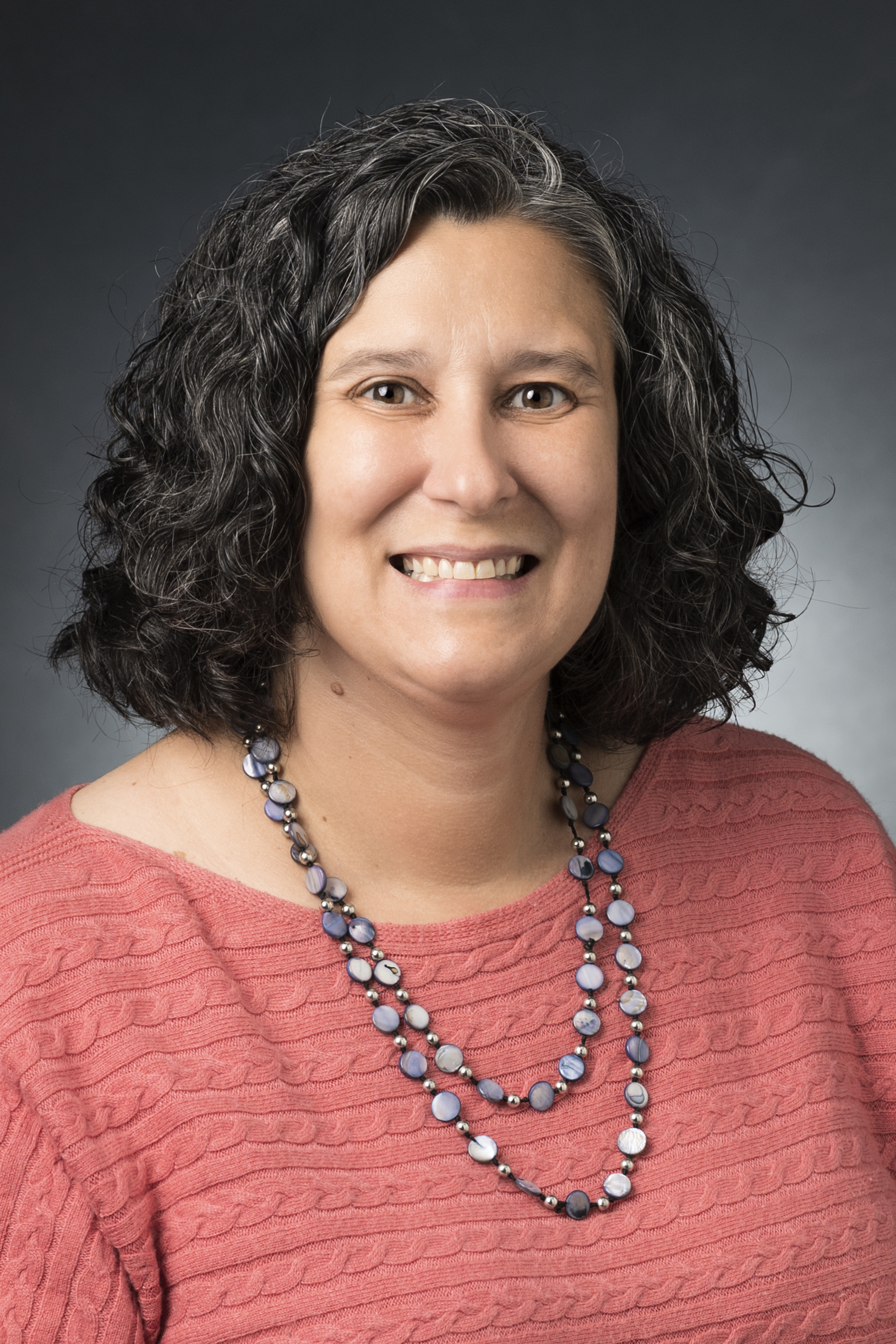

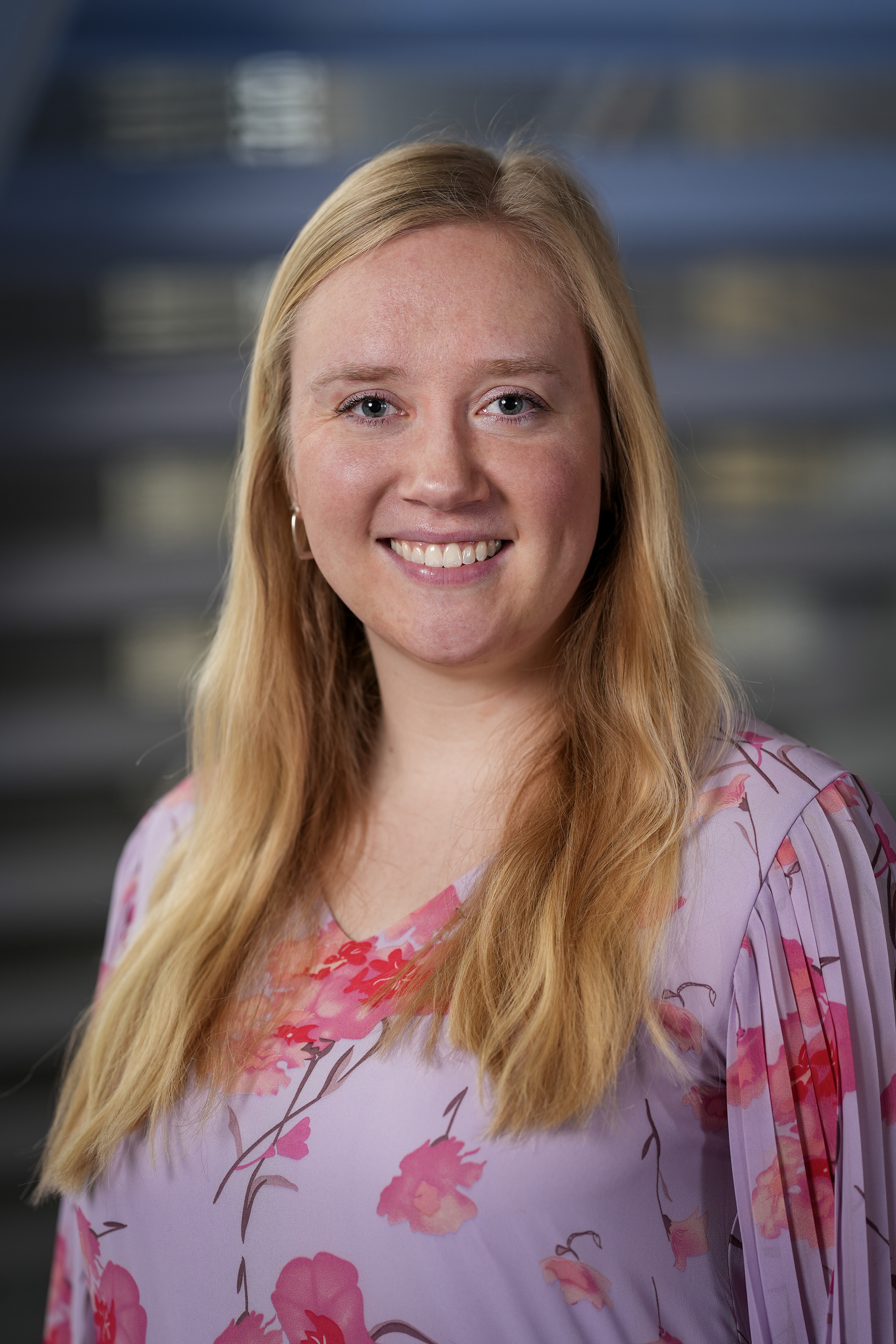
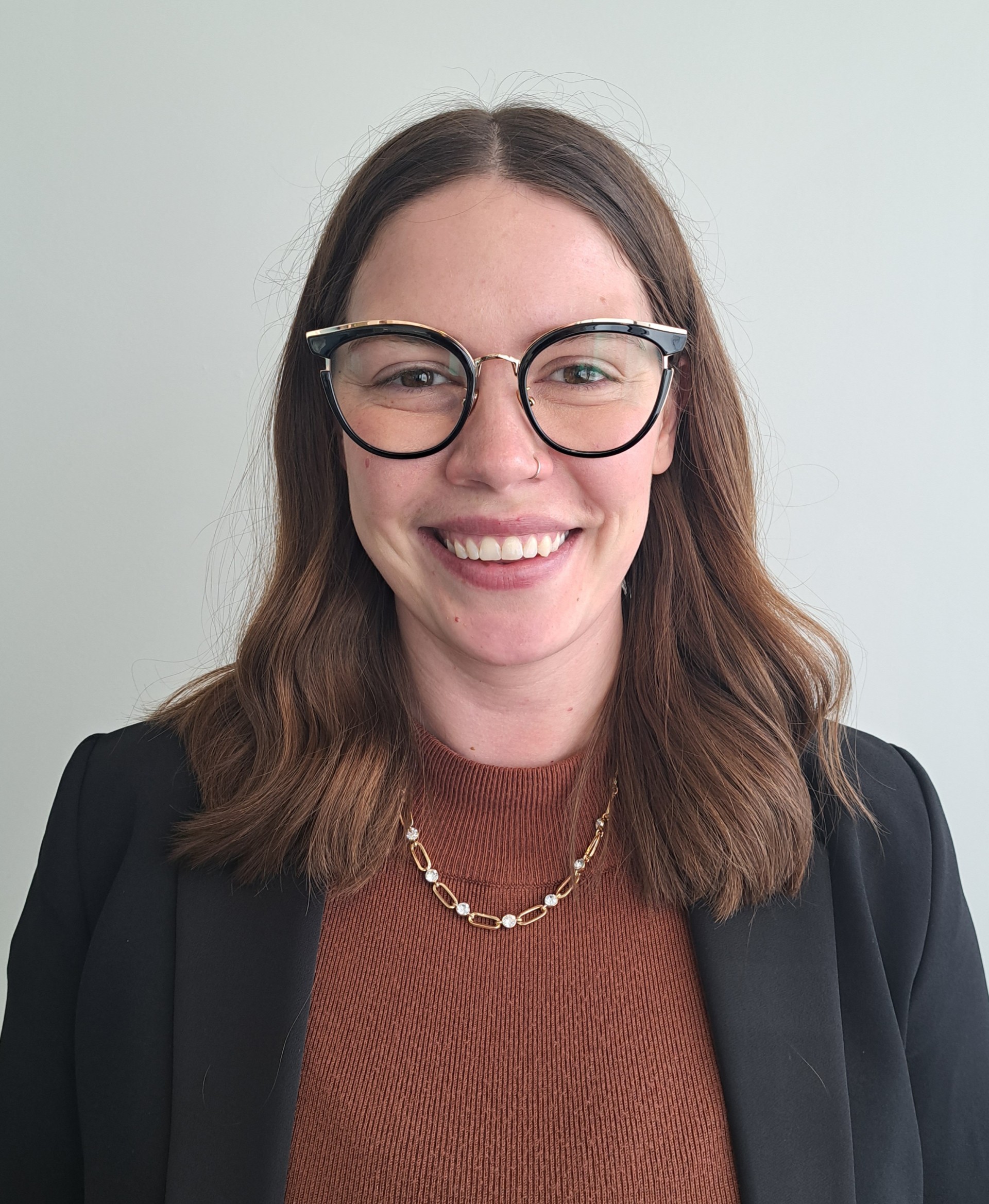








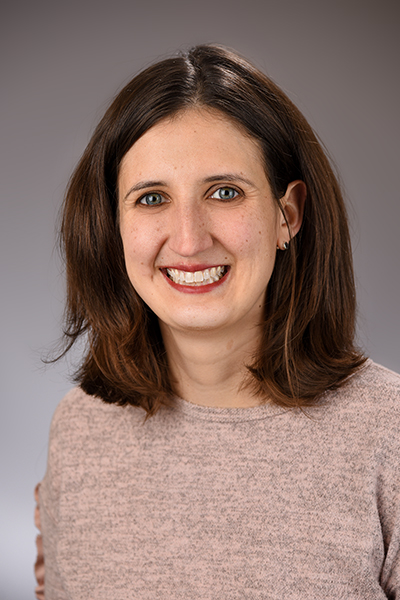
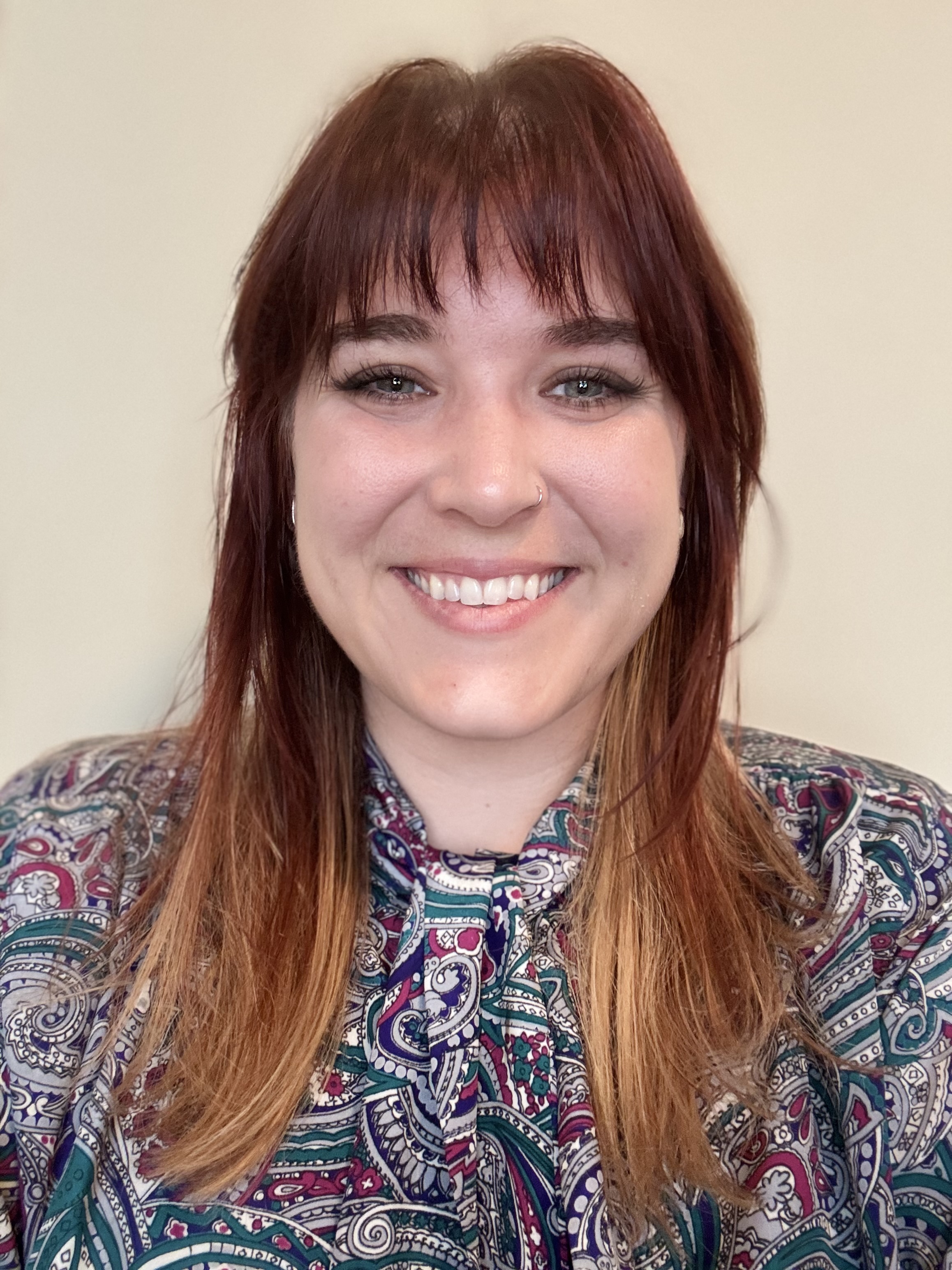

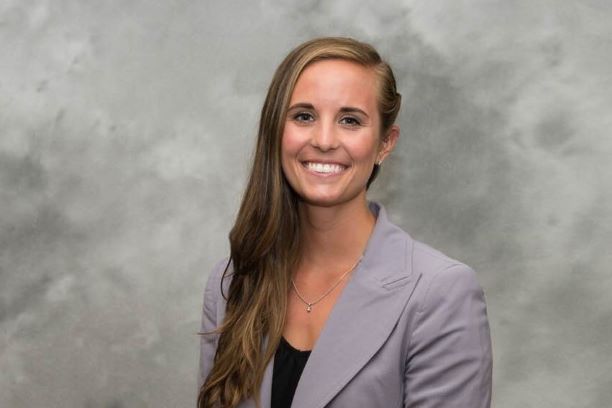
Registrants will receive further information for participating via Zoom Webinar for the presentation.
Program Description: Signed, Seen, Understood: Rethinking Assessment for Deaf and Hard of Hearing
Psychological assessment with Deaf and hard of hearing (DHH) individuals presents unique challenges and opportunities for clinicians, educators, and researchers. This presentation explores the cultural, linguistic, and methodological considerations essential for conducting valid, ethical, and equitable assessments within this population. Traditional psychological testing tools and procedures are often developed for hearing individuals, leading to potential biases and misinterpretations when used with DHH clients. These disparities can result in inaccurate diagnoses, inappropriate treatment planning, and systemic barriers to services. Key topics include communication access (e.g., sign language, spoken language, cued speech, written English), how to work with qualified interpreters, and the impact of language deprivation or delayed language acquisition on cognitive and emotional development. We will examine specific considerations in cognitive, educational, neuropsychological, and personality assessments, with an emphasis on selecting or adapting tools that are culturally and linguistically appropriate. Attention will also be given to working with Deaf individuals from diverse backgrounds, including those who are multiply marginalized. Attendees will gain practical strategies for enhancing assessment practices, including collaborating with Deaf professionals, understanding the role of Deaf culture, and mitigating linguistic and cultural biases. This presentation aims to increase clinician confidence, cultural humility, and competence when working with DHH clients—ultimately promoting more accurate evaluations and better access and outcomes for this underserved population.
Learning Objectives
By completing this program, participants will able to:
1. Identify current challenges in assessing Deaf & Hard of Hearing (DHH) individuals.
2. Critically evaluate existing measures and adaptations.
3. Discuss ethical and multicultural implications of assessment with DHH individuals.
4. Describe proposed directions for equitable assessment practices.
Presenter Bio: Aarika V. White, Ph.D., HSPP
Dr. White is the Lead Psychologist at Aspire Indiana Health and co-manages the pre-doctoral internship program at Aspire. Dr. White is licensed in Indiana, where she was born and raised, and Florida, where she has lived since November 2021. She graduated from Ball State University in 2012 and has worked in a variety of settings including university counseling, group practice, and community mental health. Although she lives in Florida, she remains an active member of the psychology community in Indiana through both employment and volunteering with IPA. She has served on multiple committees and in leadership with IPA, and is currently serving as Treasurer. Her clinical interests include working with adults with a history of trauma, anxiety disorders, or Borderline Personality Disorder. She is trained in DBT and EMDR. In her current role at Aspire, she provides leadership, supervision, and clinical oversight to behavioral health staff across the organization, develops and delivers trainings, and collaborates on various projects. Outside of psychology, Dr. White enjoys exploring central Florida, playing golf, engaging in various crafts, and spending time with her partner and their 2 Australian Labradoodles, Winnie & Rue.
Dr. Aarika White
Presenter Bio: Silvia Lopez
Silvia is a Program Manager at Aspire Indiana Health where she oversees the Deaf Services program. As a Deaf and fluent ASL user, her leadership is crucial in guaranteeing essential services including interpreting, therapy and skills are accessible across 6 Indiana counties and therapy services extended virtually to all 92 counties. Silvia holds a BSW from Rochester Institute of Technology and an MS in Rehabilitation Counseling from the University of North Texas providing her with a strong foundation in both deaf social welfare and deaf mental health. In her personal life, Silvia is married with a 4 year old CODA (Child of Deaf Adults). For leisure, Silvia enjoys reading, cooking, traveling and cherishing time with family and Deaf friends.
Silvia Lopez
Presenter Bio: Guy Maynard, MA
Guy is a Pre-Doctoral Intern at Aspire Indiana Health. He is a student in the PsyD program at the University of Indianapolis. As a graduate student, Guy has worked in college counseling, community mental health, and private practice settings providing therapy and psychological assessment services. His clinical interests include Autism Spectrum Disorder, neuropsychology, and working with individuals in the LGBTQIA+ community. In his free time, Guy enjoys spending time with his partner and their 12 year-old dachshund, Otis.
Guy Maynard
Presenter Bio: Hannah Hussey
Hannah is a Pre-Doctoral Intern at Aspire Indiana Health. She is a student in the PsyD program at Hawai’i Pacific University. As a graduate student, Hannah has worked in community mental health, military based, and private practice settings providing therapy services. Her clinical interests include geropsychology and aging, trauma psychology, and nutritional, physiological, and health issues. In her free time, Hannah enjoys beekeeping, hiking, reading, and baking sweet treats with friends.
Presenter Bio: Tyler Niedermeyer, MA
Tyler is a Pre-Doctoral Intern at Aspire Indiana Health. He is a doctoral candidate in the Counseling Psychology, PhD program at Ball State University. Tyler has experience working with individuals across the lifespan in a variety of settings including community mental health, private practice, and college counseling. His clinical interests include chronic health conditions, trauma, and geropsychology. Tyler enjoys playing board games, being out in nature, and relaxing at home with partner and 2 cats, Teddy and Tiger.
Tyler Niedermeyer
Special Note to Conference Attendees
The Indiana Psychological Association (IPA) is approved by the American Psychological Association to sponsor continuing education for psychologists. The Indiana Psychological Association maintains responsibility for this program and its content.
Indiana State Psychology Board and Indiana Behavioral Health Board:
IPA is an approved provider of Category I continuing education for psychologists.
IPA is an approved provider of Category I continuing education for LSW, LCSW, LMFT, LMHC, LMFTA, LCAC and LAC.
Licensees must judge the program’s relevance to their professional practice.
Please note that APA rules require that credit be given only to those who attend the entire workshop. Those arriving more than 15 minutes after the scheduled start time or leaving early will not receive CE credits. Partial credit cannot be given. We ask that all participants return the post-program evaluation form at the conclusion of the program. The presenters and IPA have not received any commercial support for this program or its contents and will not receive any commercial support prior to or during this program.
CE certificates will be distributed via email withing two weeks post-event.
Registration Fees
IPA New, Premier, Platinum, Emeritus-Practicing, and Student Members - $0
IPA Basic, Emeritus-Retired Members, and Affiliate Members - $15
Non-Members - Psychologists and Other Professionals $30
*If a non-member Student seeking to attend, please either join IPA (free membership with "sponsorship" by an IPA Academic Member or, if outside the state of Indiana, please contact info@indianapsychology.org.
Registration will close on Thursday, March19th, 2026.

The Trust Sequence XV - Risky Business: The Ethics and Risk Management of High-Risk Circumstances in Clinical Practice
Program Description:
For over two decades, The Trust has worked to educate and support psychologists in improving their ethics and risk management skills and strategies by providing live workshops, webinars, risk management consultations, and expanding resources. This 15th Workshop in our Sequence series continues to emphasize applied, integrated and strategic methods to help you stay grounded in ethical principles and practices, and to protect you from adverse disciplinary and legal actions.
Psychologists routinely encounter complex, high-stakes situations that require sound clinical judgment, ethical decision-making, and proactive risk management. This advanced workshop provides a deep dive into five of the most legally and ethically challenging areas of practice: compassionate and competent treatment of suicidal patients while balancing clinical and liability concerns, navigating the complexities of duty to protect obligations, working effectively with high-conflict families, managing subpoenas and courtroom testimony, and ensuring a legally and ethically sound termination of treatment. This day-long workshop will provide actionable strategies to mitigate risk, protect clients and practice, and enhance confidence in addressing these critical issues. This seminar is a key training for psychologists seeking to strengthen their ethical competence and safeguard their professional integrity in today’s increasingly complex clinical landscape.
* This course will not fulfill requirements of all jurisdictions. It is important that potential participants review their respective state licensing board requirements prior to registering for this workshop.
Target Audience: The Trust’s workshops and webinars are appropriate primarily for psychologists and psychology students, but may also be useful to other related behavioral health practitioners. The Workshop is designed for an intermediate level.
Learning Objectives:
By completing this program, participants will able to:
Presenter: Leisl M. Bryant, Ph.D., ABPP
Dr. Bryant is a licensed New Hampshire and Massachusetts-based clinical and forensic psychologist, with board certification in Forensic Psychology by the American Board of Professional Psychology. She received her B.A. from the University of West Florida, her M.A. and Ph.D. in clinical psychology from Duquesne University, and completed a forensic postdoctoral fellowship at the University of Massachusetts Medical School Law and Psychiatry Program.
Working in both criminal and civil arenas, Dr. Bryant has maintained a private practice in clinical and forensic psychology for nearly two decades and has provided psychological services in a variety of forensic and therapeutic settings. Dr. Bryant is a Fellow with the American Academy of Forensic Psychology, and formerly served as President and Executive Director of the New Hampshire Psychological Association (NHPA). She also served on the NHPA Ethics Committee for over ten years, received the Margaret M. Riggs Award for Distinguished Contribution to Psychology in the State of New Hampshire, and was awarded the Karl F. Heiser APA Presidential Award for Advocacy. Dr. Bryant brings extensive experience in forensic, clinical, and ethical consultation, academic instruction, and professional presentation to her role on the risk management team.
Dr. Leisl Bryant
The Trust and the Indiana Psychological Association (IPA) are approved by the American Psychological Association to sponsor continuing education for psychologists. The Trust and the Indiana Psychological Association maintain co-responsibility for this program and its content.
Indiana State Psychology Board and Indiana Behavioral Health Board:
IPA is an approved provider of Category I continuing education for psychologists.
IPA is an approved provider of Category I continuing education for LSW, LCSW, LMFT, LMHC, LMFTA, LCAC and LAC.
Licensees must judge the program’s relevance to their professional practice.
Please note that APA rules require that credit be given only to those who attend the entire workshop. Those arriving more than 15 minutes after the scheduled start time or leaving early will not receive CE credits and will not be eligible for the 15% premium discount described below. Partial credit cannot be given. We ask that all participants return the post-program evaluation form at the conclusion of the program. Those who attend the workshop will receive six continuing education credits.
CE certificates will be distributed via email withing two weeks post-event.
Eligibility for The Trust Insurance Premium Discounts:
Workshop completion earns 6 CE credits and eligibility to receive a 15% premium discount on your Trust Sponsored Professional Liability Insurance for your next 2 consecutive policy periods. To obtain CE discounts, submit CE certification from an organization approved by APA to offer CE credit (must have been completed within the previous 15 months) with the insurance application. Discounts cannot be combined and are not applicable to Researcher/Academician or Student policies. Group policies become eligible for the CE discount when at least 50% of those insured under the group policy submit CE certification. All applications are individually underwritten and submission of CE certification will not guarantee insurance policy issuance or renewal.
Registration Fees:
Non-Members - Psychologists and Other Professionals $310
IPA Basic, Emeritus-Retired Members, Academic, Post-doc, and Affiliate Members - $240
IPA New, Premier, Emeritus-Practicing - $200
IPA Platinum Members - $100
Registration will close on Thursday, March 26th at 11:59 p.m.
Registrants will receive further information for participating via Zoom Webinar for the presentation.
Program Description: Decolonizing Therapy
Historically, the field of mental health has been shaped primarily by Western and Eurocentric ideologies, influencing what is defined as “normal,” “healthy,” or clinically appropriate. These frameworks have often minimized or marginalized non-Western cultural perspectives and contributed to the stigmatization of mental health within historically marginalized communities. This session examines how colonial histories and Eurocentric assumptions continue to shape psychological assessment and therapeutic practice. Moving beyond cultural competence, the presentation explores decolonization as a clinical and ethical framework that emphasizes power, positionality, and the potential for harm within Western mental health models. Participants will be introduced to practical, culturally informed strategies for assessment and treatment that promote ethical, responsive, and contextually grounded care.
Learning Objectives
By completing this program, participants will able to:
1. define decolonizing therapy and differentiate it from concepts like multicultural competence and diversity informed practice.
2. identify some internalized colonial beliefs within themselves and their professional training.
3. utilize some decolonizing strategies like collaboration, community- centered approach in case conceptualization and treatment planning.
4. utilize language and interventions that reduce harm and avoid deficit-based narratives.
Presenter Bio: Juliet Aura, Ph.D.
Dr. Aura is an Assistant Professor of Clinical Psychology. She previously served as a Postdoctoral Associate at the University of Louisville, where she also worked as Assistant Director of the Cardinal Success Program (CSP), an initiative dedicated to providing mental health services to underserved and underinsured populations in West Louisville. During this time, she completed a year-long leadership training program. Dr. Aura earned both her master’s and doctoral degrees in psychology from Stephen F. Austin State University in Nacogdoches, Texas. Her professional interests include psychological assessment and the impact of mental health on diverse populations, with a particular focus on culturally responsive and equitable service delivery.
Dr. Juliet Aura
Special Note to Conference Attendees
The Indiana Psychological Association (IPA) is approved by the American Psychological Association to sponsor continuing education for psychologists. The Indiana Psychological Association maintains responsibility for this program and its content.
Indiana State Psychology Board and Indiana Behavioral Health Board:
IPA is an approved provider of Category I continuing education for psychologists.
IPA is an approved provider of Category I continuing education for LSW, LCSW, LMFT, LMHC, LMFTA, LCAC and LAC.
Licensees must judge the program’s relevance to their professional practice.
Please note that APA rules require that credit be given only to those who attend the entire workshop. Those arriving more than 15 minutes after the scheduled start time or leaving early will not receive CE credits. Partial credit cannot be given. We ask that all participants return the post-program evaluation form at the conclusion of the program. Dr. Aura and IPA have not received any commercial support for this program or its contents and will not receive any commercial support prior to or during this program.
CE certificates will be distributed via email within two weeks post-event.
Registration Fees
IPA New, Premier, Platinum, Emeritus-Practicing, and Student Members - $0
IPA Basic, Emeritus-Retired Members, and Affiliate Members - $15
Non-Members - Psychologists and Other Professionals $30
*If a non-member Student seeking to attend, please either join IPA (free membership with "sponsorship" by an IPA Academic Member or, if outside the state of Indiana, please contact info@indianapsychology.org.
Registration will close on Thursday, April 9th, 2026.